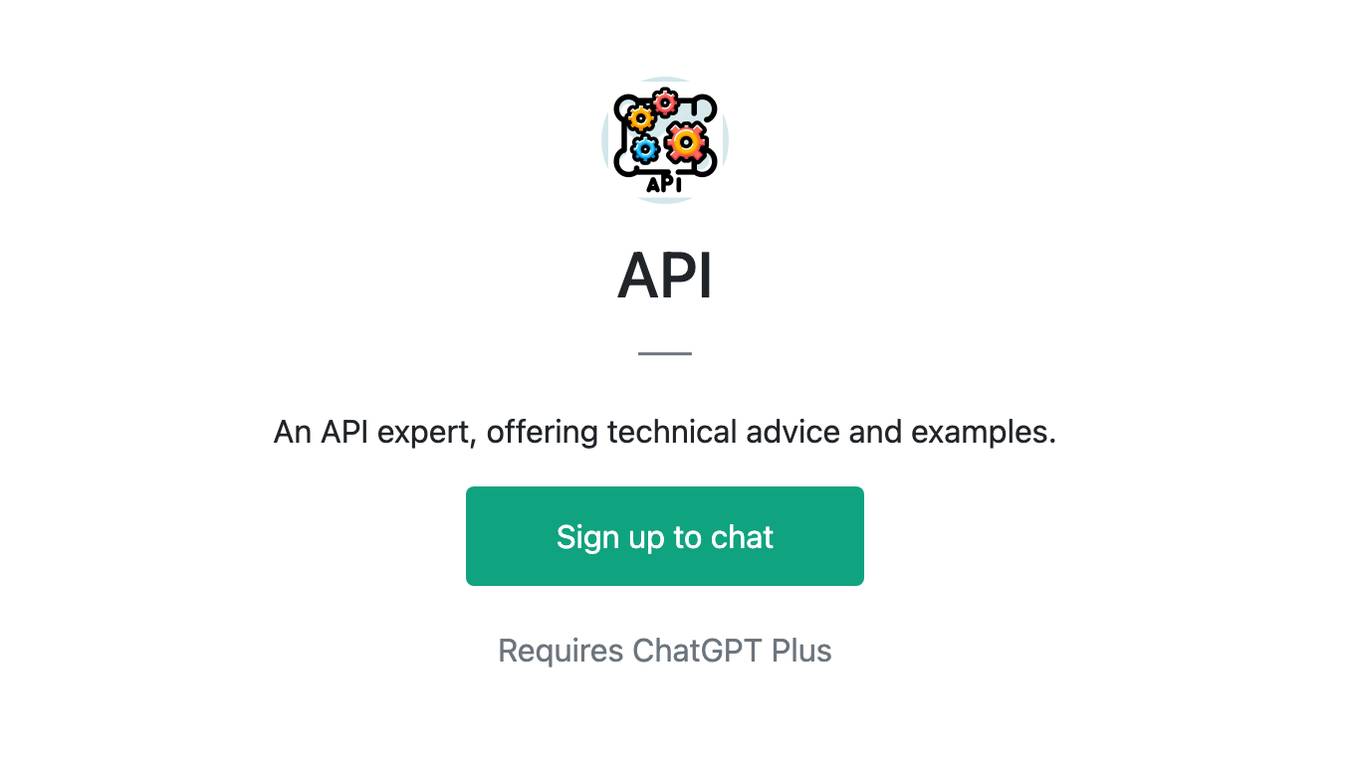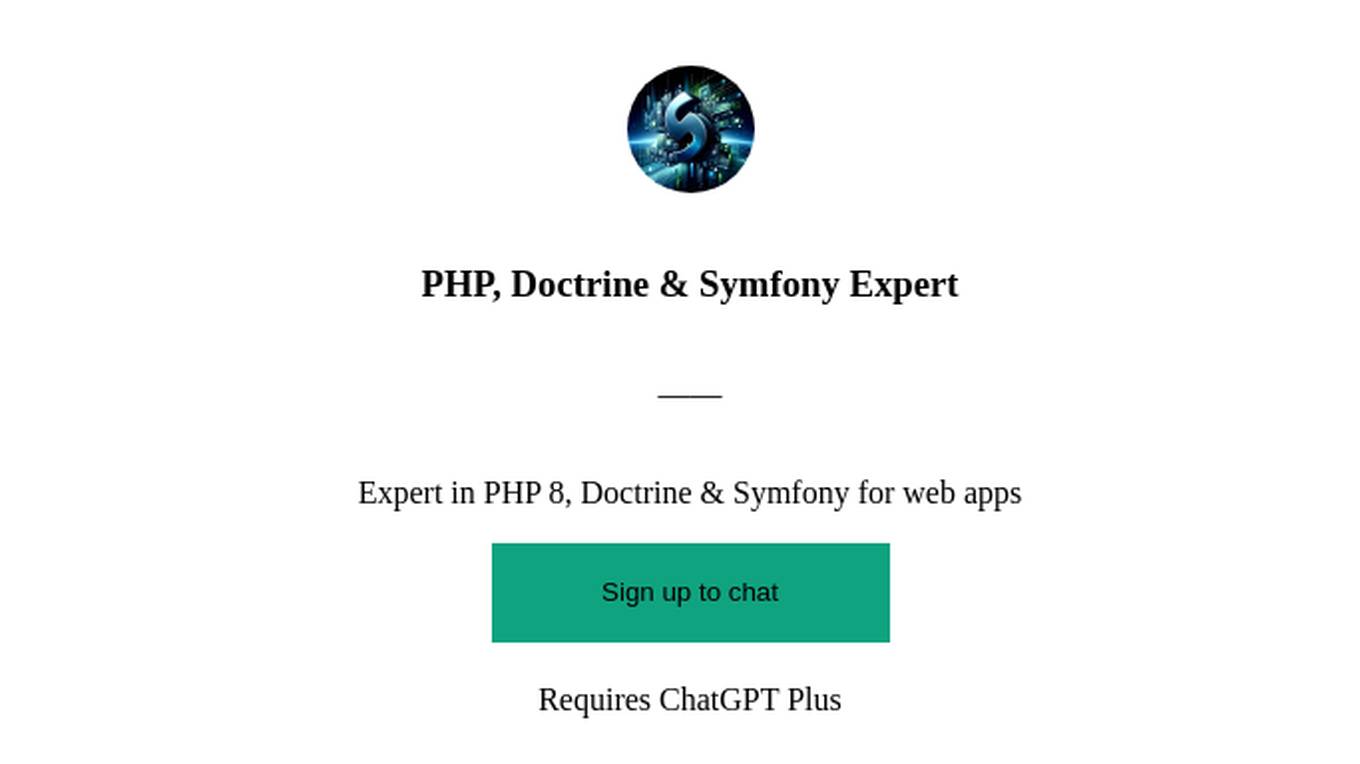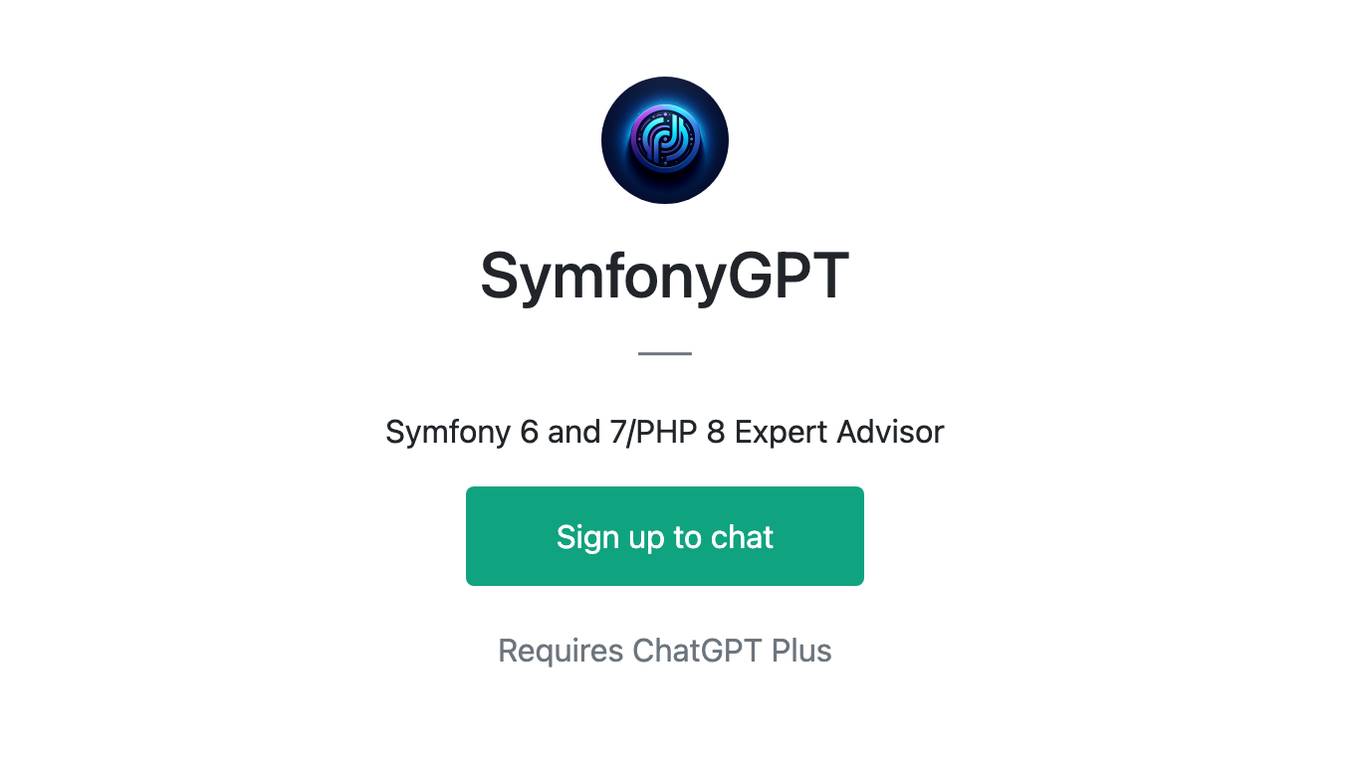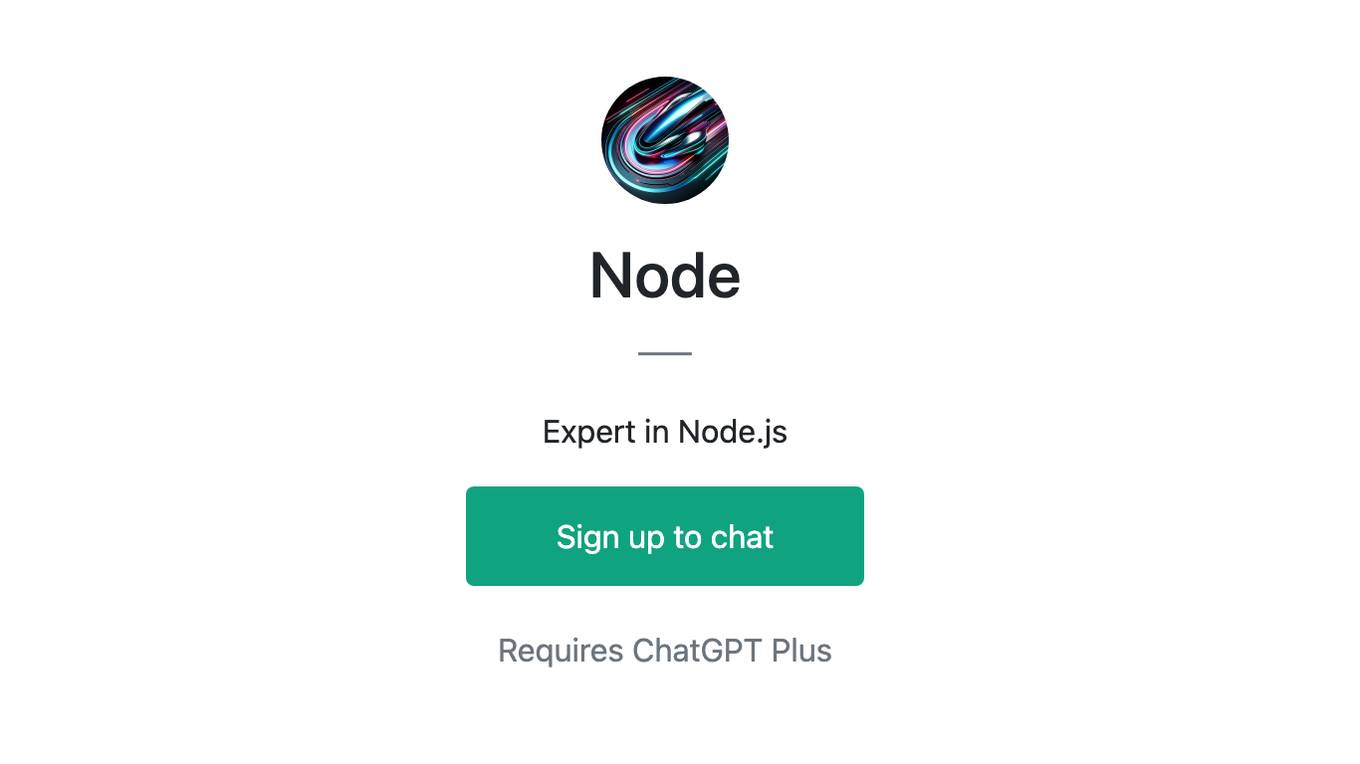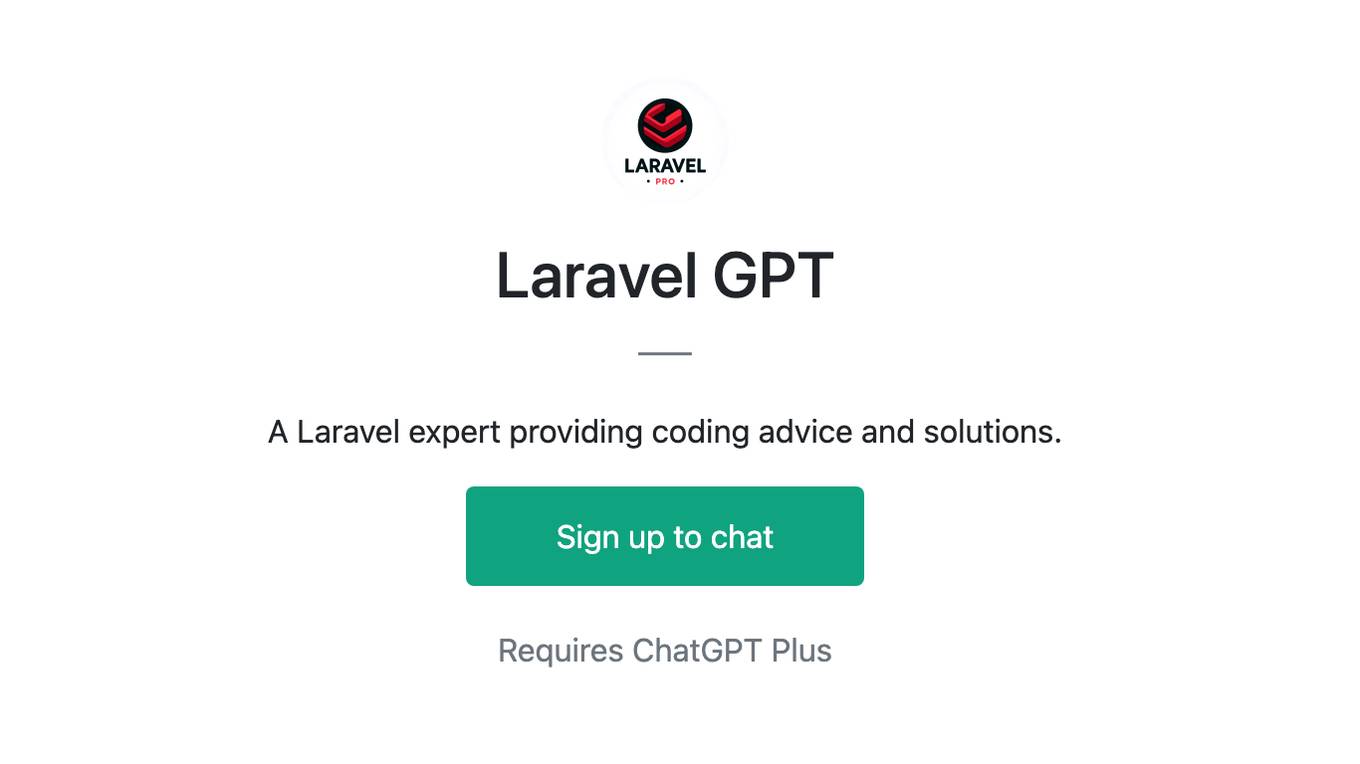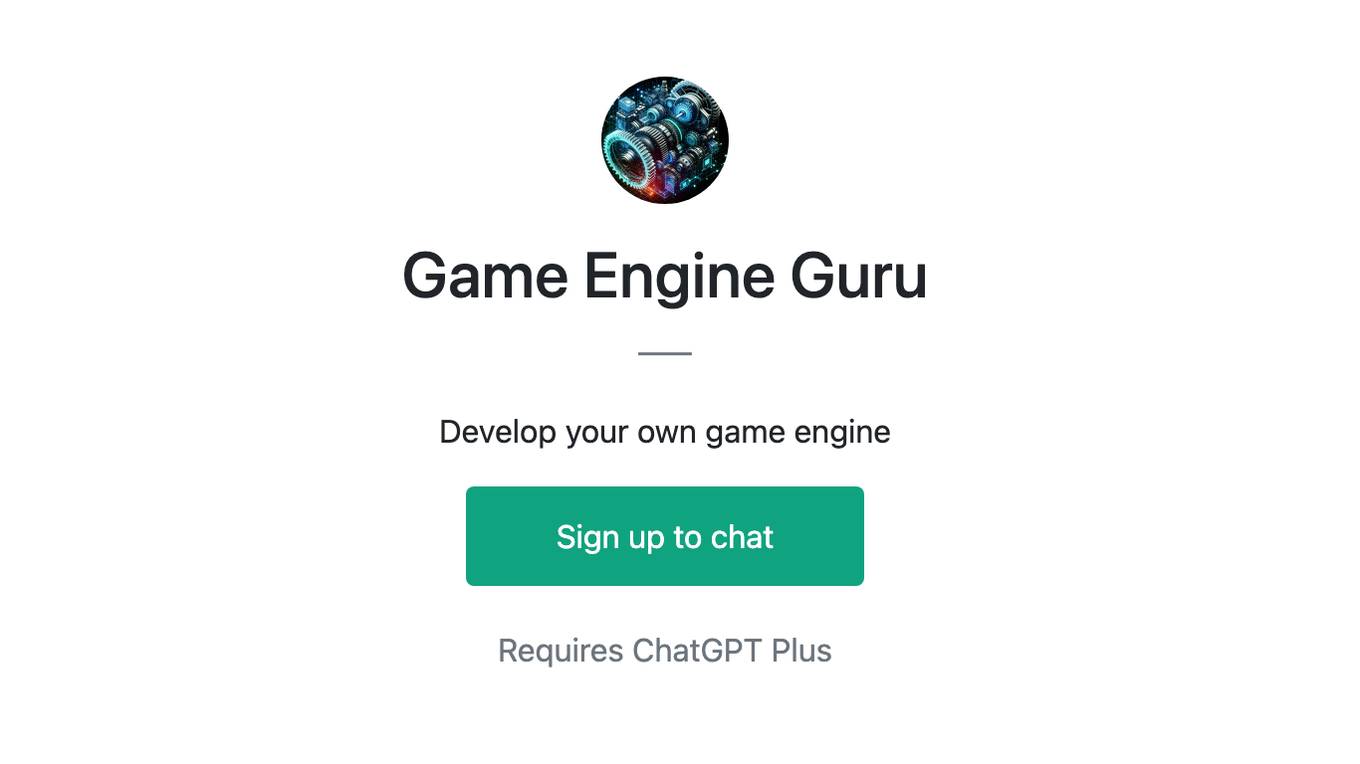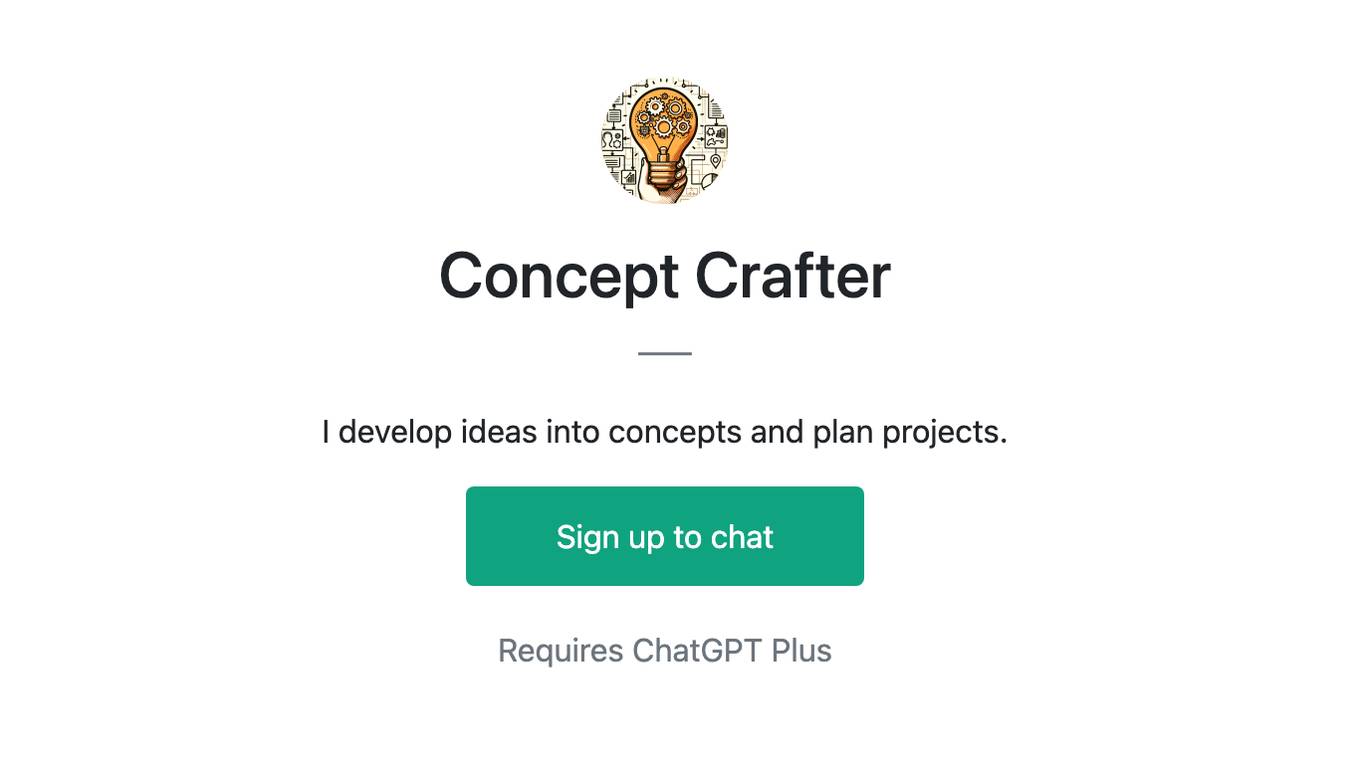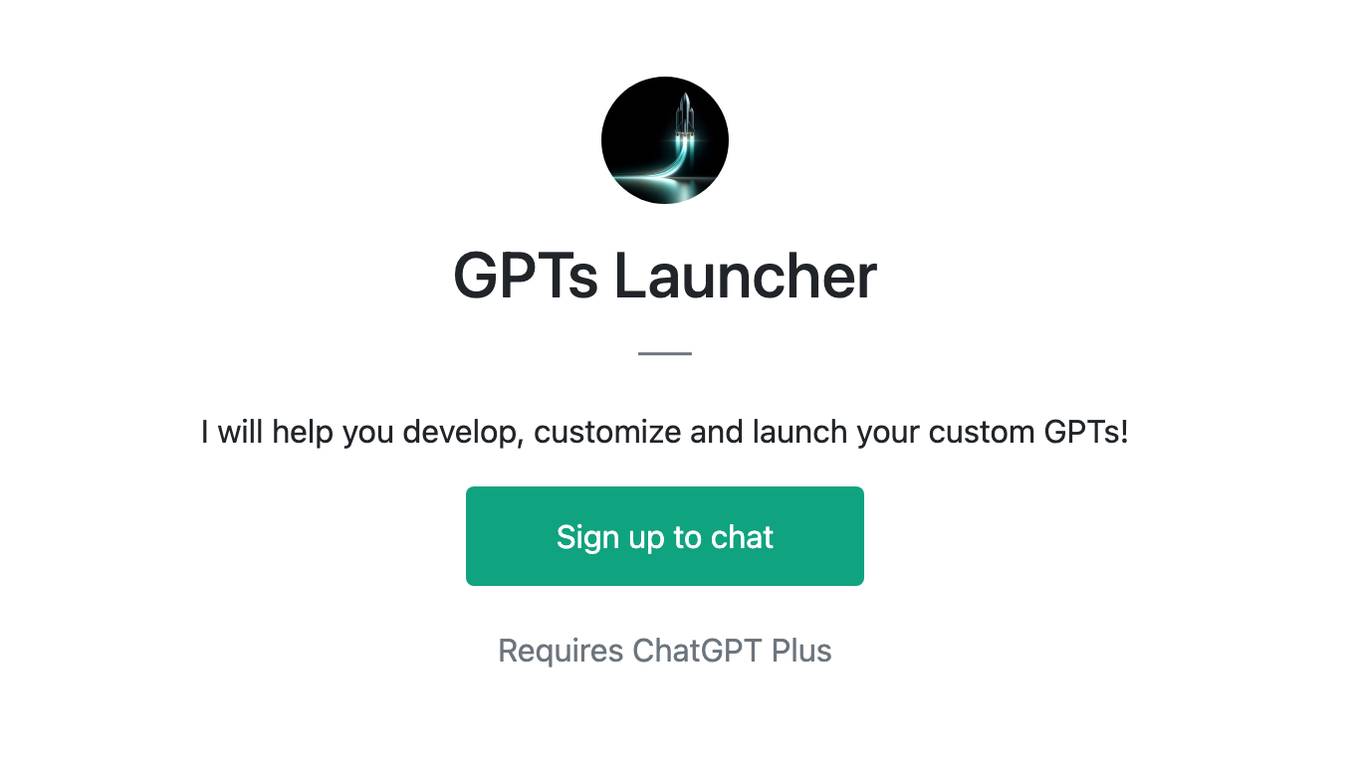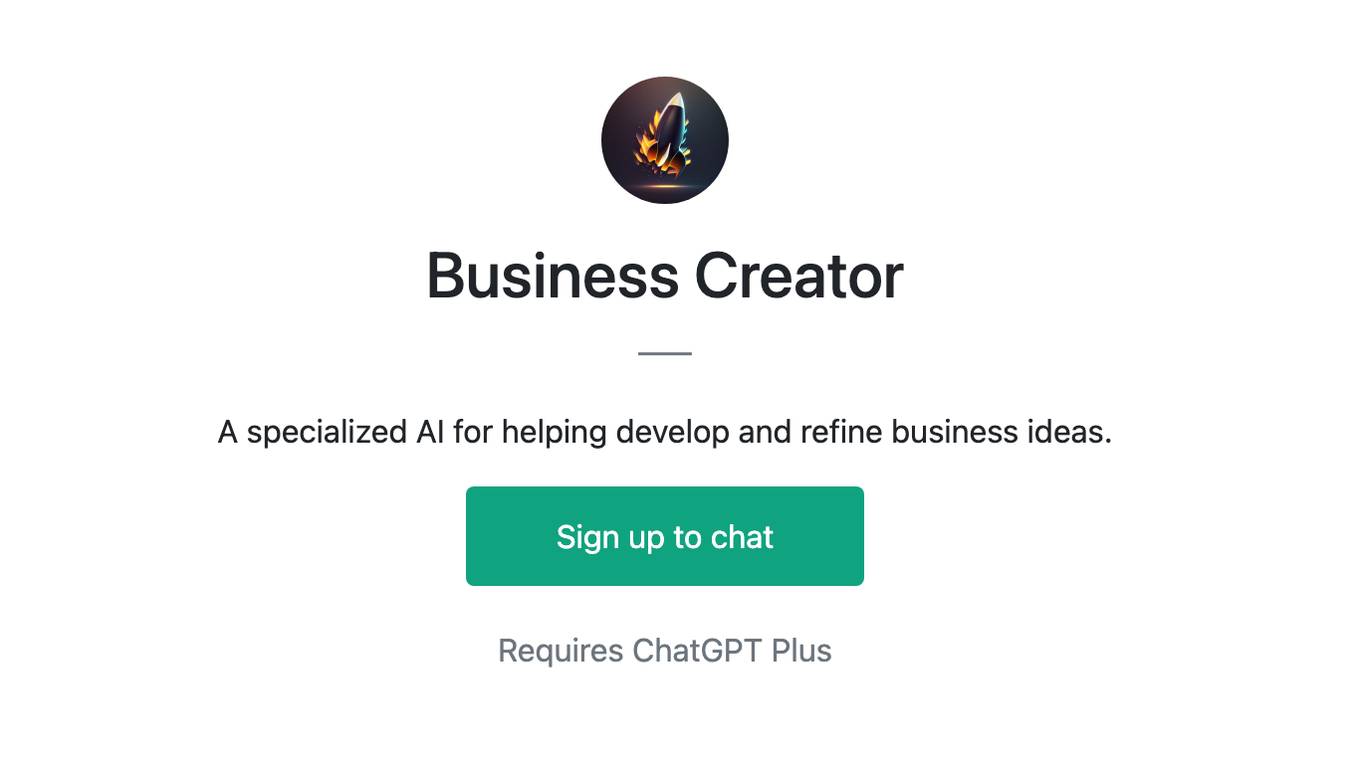Best AI tools for< Develop Apis >
20 - AI tool Sites
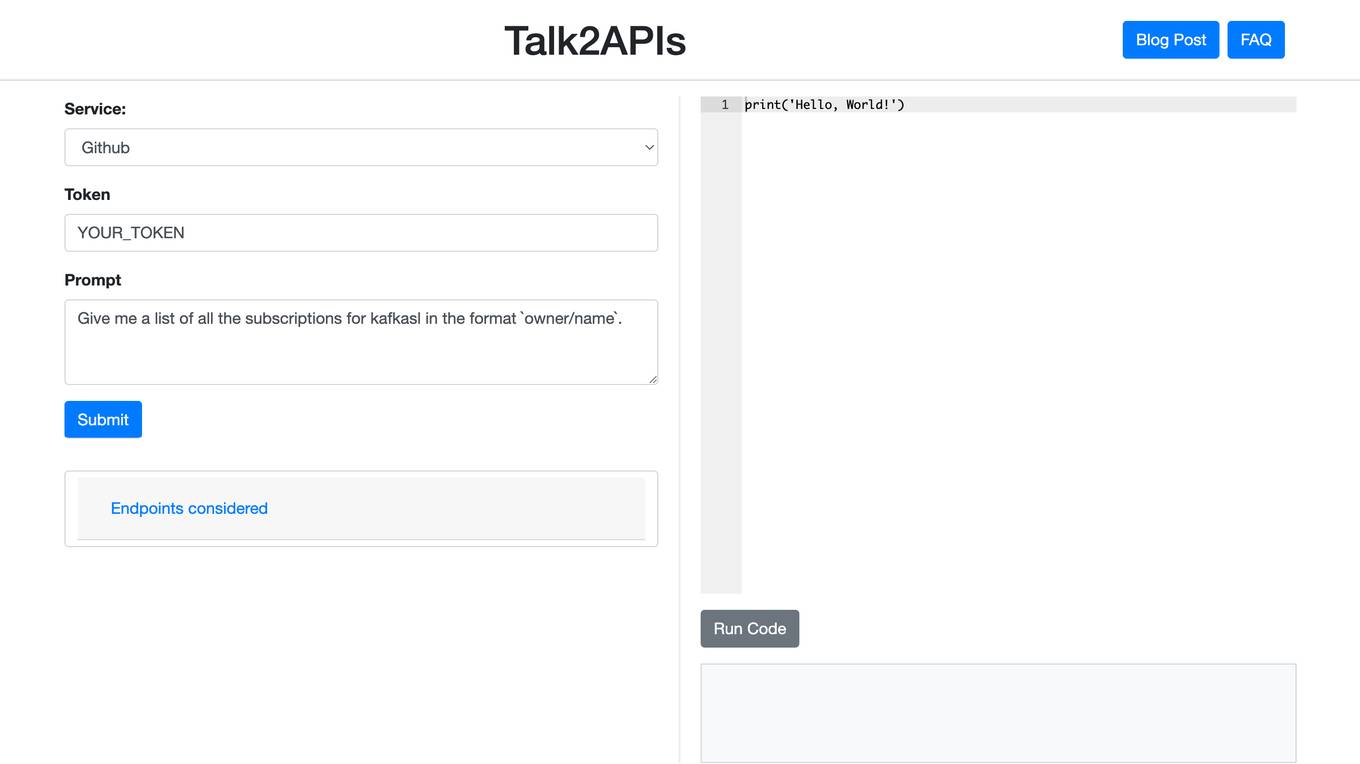
Talk2APIs
Talk2APIs is a platform that allows developers to easily connect to and use APIs. It provides a variety of tools and services to make API development faster and easier, including a code generator, a documentation generator, and a testing framework. Talk2APIs also offers a marketplace where developers can find and share APIs.
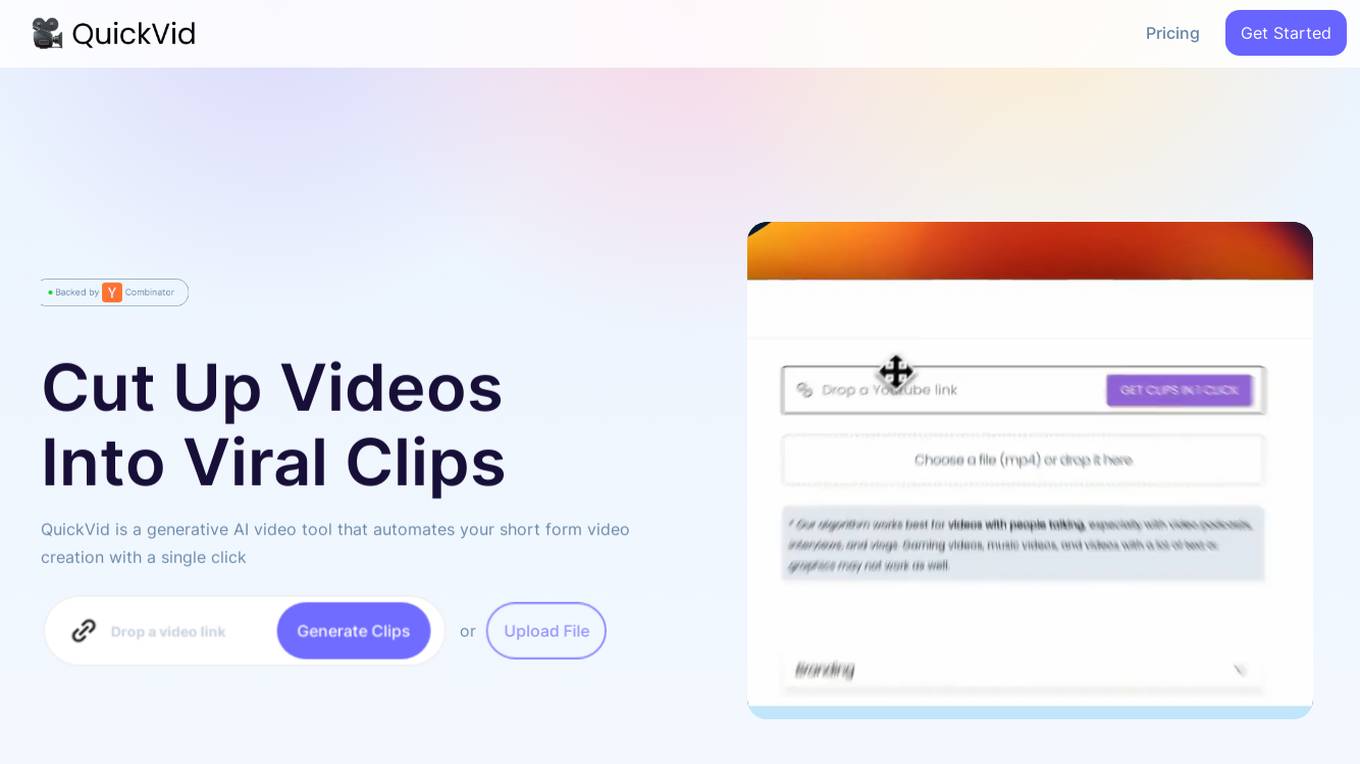
OpenResty Web Platform
The website is currently displaying a '403 Forbidden' error, which means that access to the requested resource is denied. This error is typically caused by insufficient permissions or server misconfiguration. The message 'openresty' suggests that the server is using the OpenResty web platform. OpenResty is a web platform based on NGINX and Lua that provides a powerful and flexible way to build web applications. It is often used for high-performance web applications and APIs.
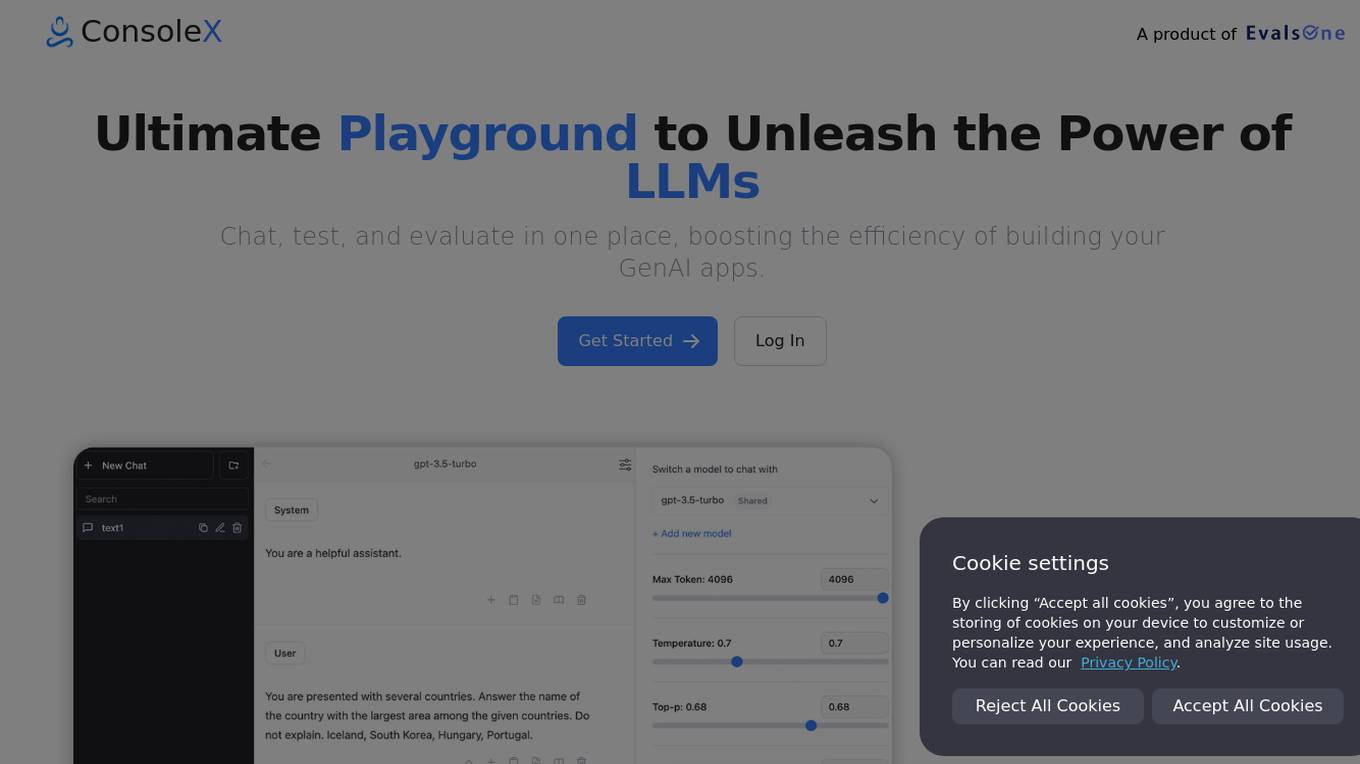
ConsoleX
ConsoleX is an advanced AI tool that offers a wide range of functionalities to unlock infinite possibilities in the field of artificial intelligence. It provides users with a powerful platform to develop, test, and deploy AI models with ease. With cutting-edge features and intuitive interface, ConsoleX is designed to cater to the needs of both beginners and experts in the AI domain. Whether you are a data scientist, researcher, or developer, ConsoleX empowers you to explore the full potential of AI technology and drive innovation in your projects.
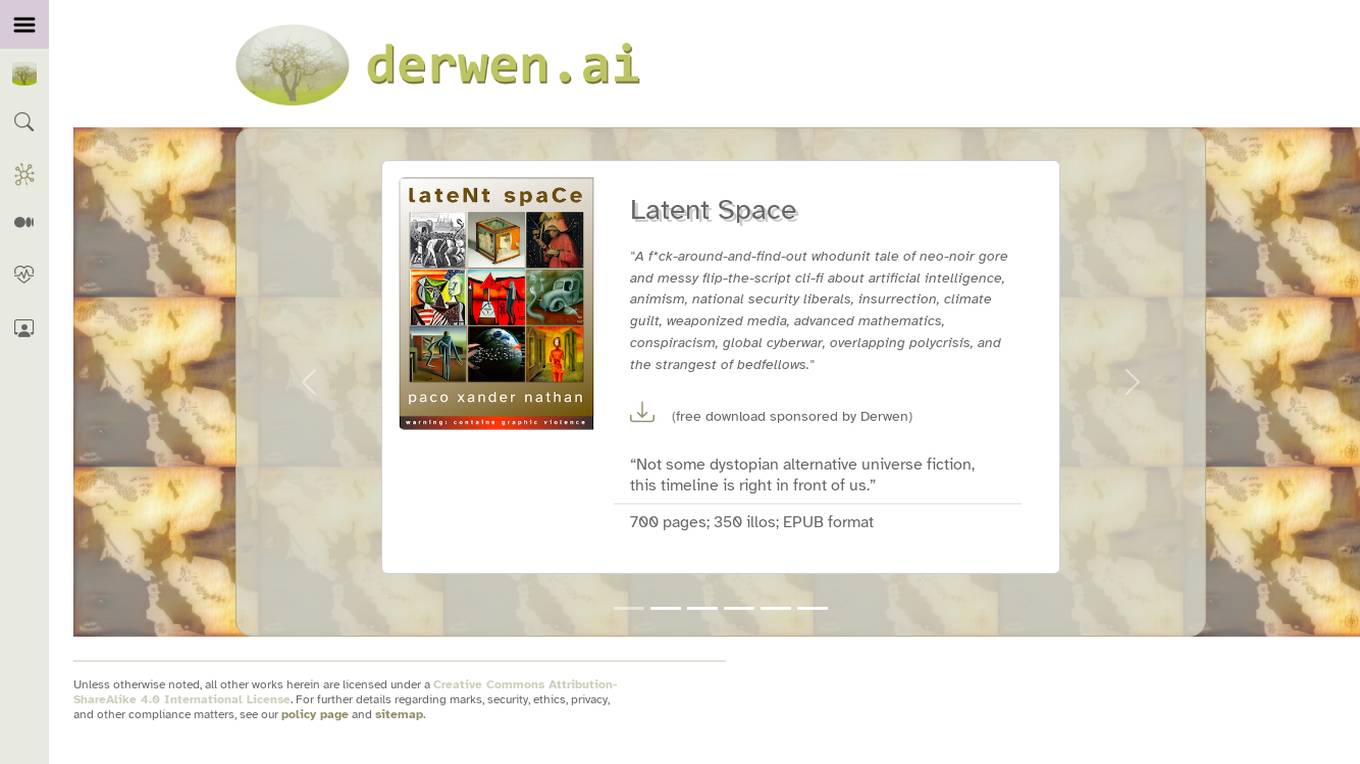
Derwen
Derwen is an open-source integration platform for production machine learning in enterprise, specializing in natural language processing, graph technologies, and decision support. It offers expertise in developing knowledge graph applications and domain-specific authoring. Derwen collaborates closely with Hugging Face and provides strong data privacy guarantees, low carbon footprint, and no cloud vendor involvement. The platform aims to empower AI engineers and domain experts with quality, time-to-value, and ownership since 2017.

UneeQ Digital Humans Platform
The UneeQ Digital Humans Platform is an AI application that offers intelligent animation and real-time lifelike animation engine. It provides solutions for marketing, sales, customer service, and training across various industries. The platform allows for personalized and enjoyable customer interactions through digital human avatars, enhancing customer journeys and boosting conversions. With features like dialog-based marketing, personalized AI experiences, and multilingual support, UneeQ aims to simplify complex subject matters, empower users, and provide memorable interactions. The platform is developer-friendly with open APIs and pre-built SDKs, making it easy to integrate and work with. UneeQ's digital humans have been proven to significantly increase engagement, web traffic, conversion rates, and customer satisfaction.
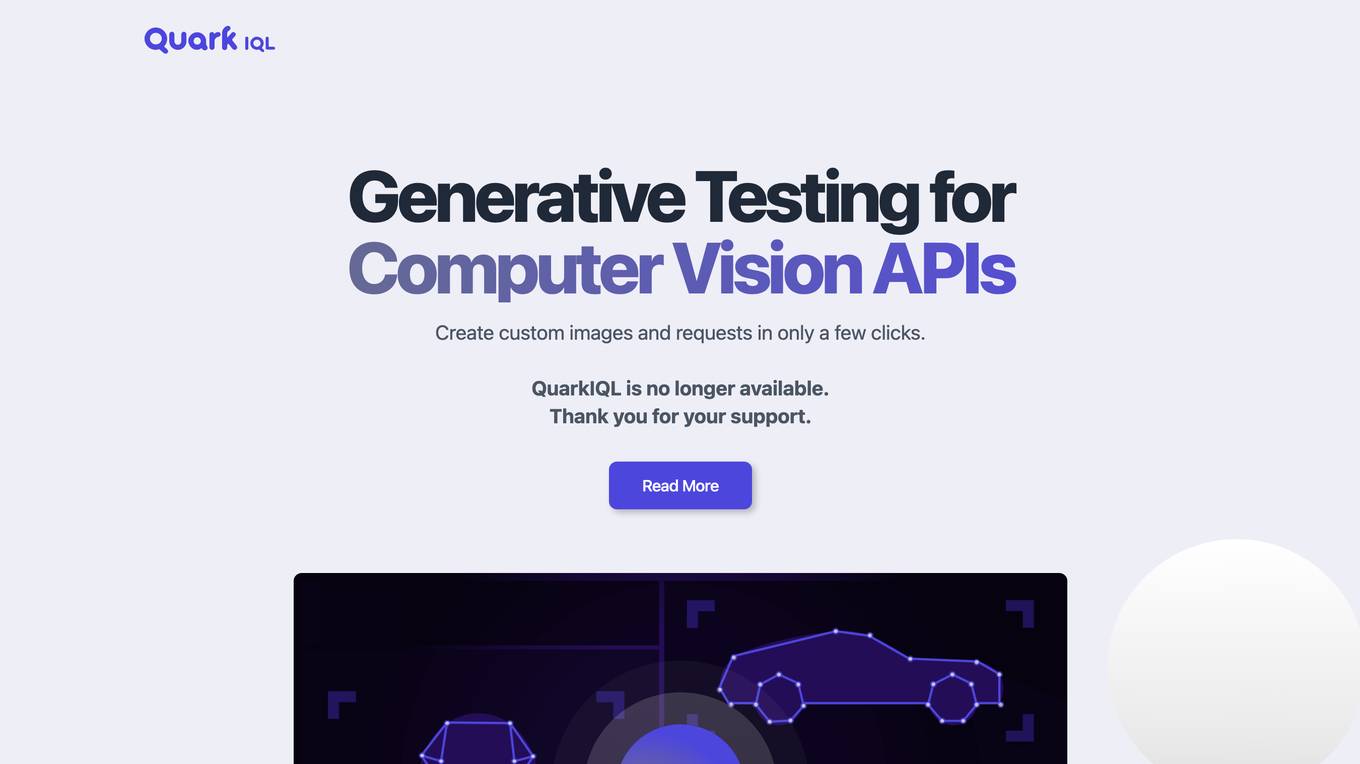
QuarkIQL
QuarkIQL is a generative testing tool for computer vision APIs. It allows users to create custom test images and requests with just a few clicks. QuarkIQL also provides a log of your queries so you can run more experiments without starting from square one.
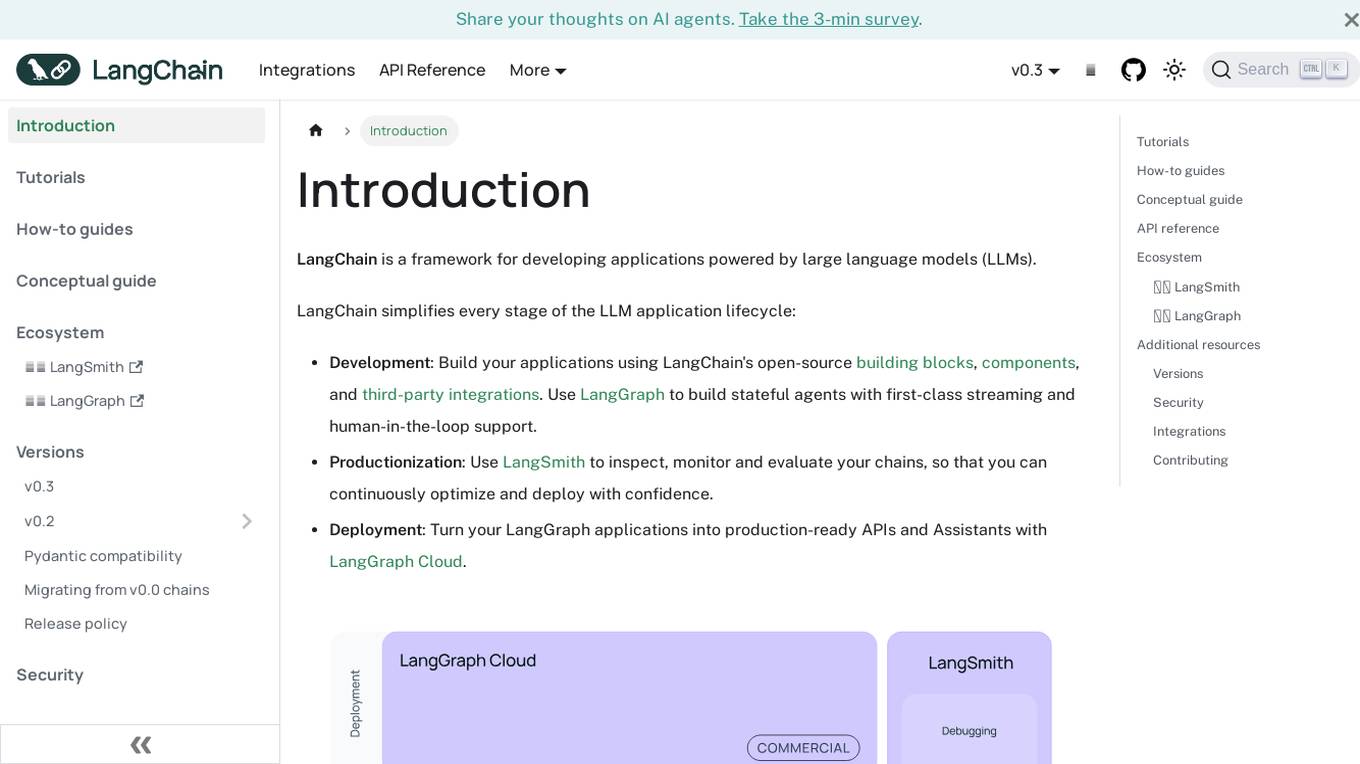
LangChain
LangChain is a framework for developing applications powered by large language models (LLMs). It simplifies every stage of the LLM application lifecycle, including development, productionization, and deployment. LangChain consists of open-source libraries such as langchain-core, langchain-community, and partner packages. It also includes LangGraph for building stateful agents and LangSmith for debugging and monitoring LLM applications.
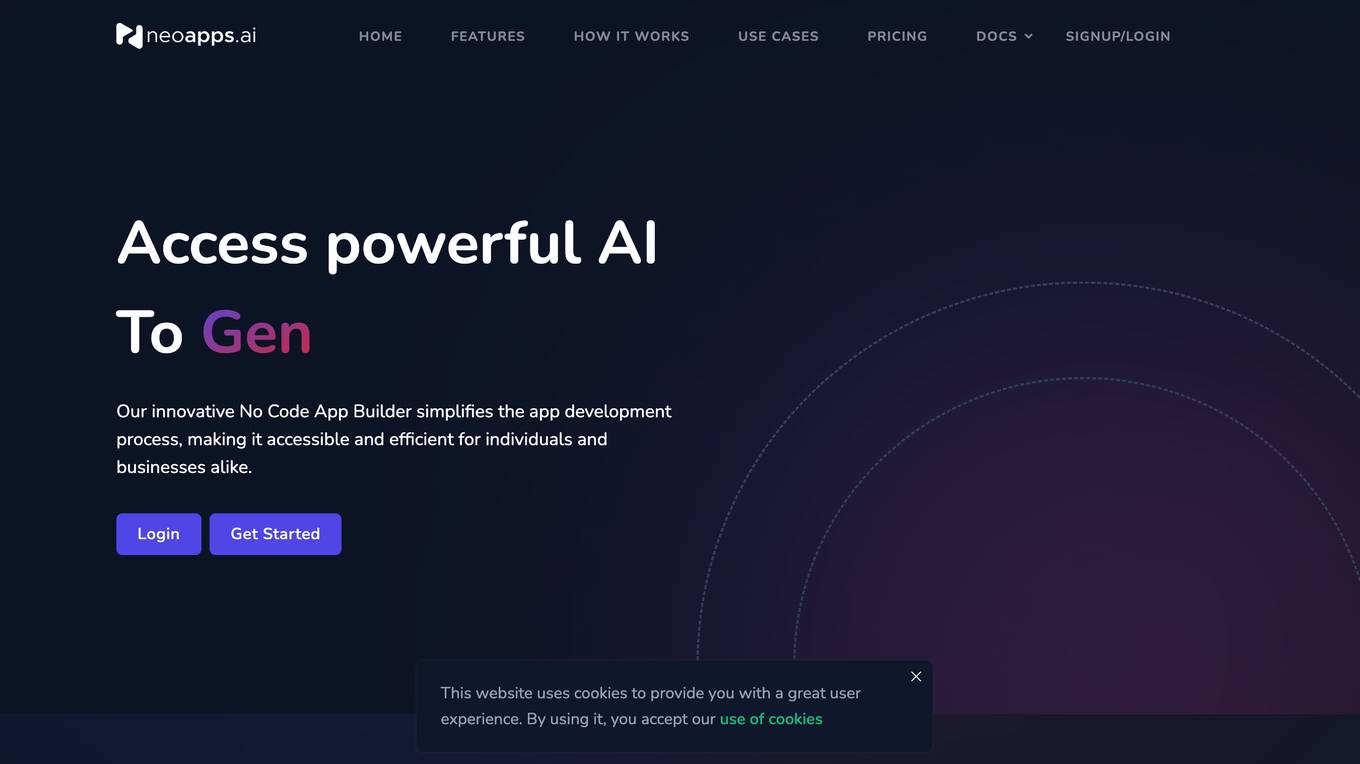
NeoApps.ai
NeoApps.ai is a groundbreaking SAAS platform that uses AI to simplify and optimize application development. With its intuitive interface, users can design databases, craft APIs, and create front-end interfaces effortlessly. NeoApps.ai offers diverse modules tailored to specific industry needs, from healthcare to finance. Its AI-driven chatbot comprehends user requirements, formulates user stories, and designs precise specifications, making app development a breeze. NeoApps.ai places customization at the forefront, ensuring apps adapt seamlessly as businesses evolve.
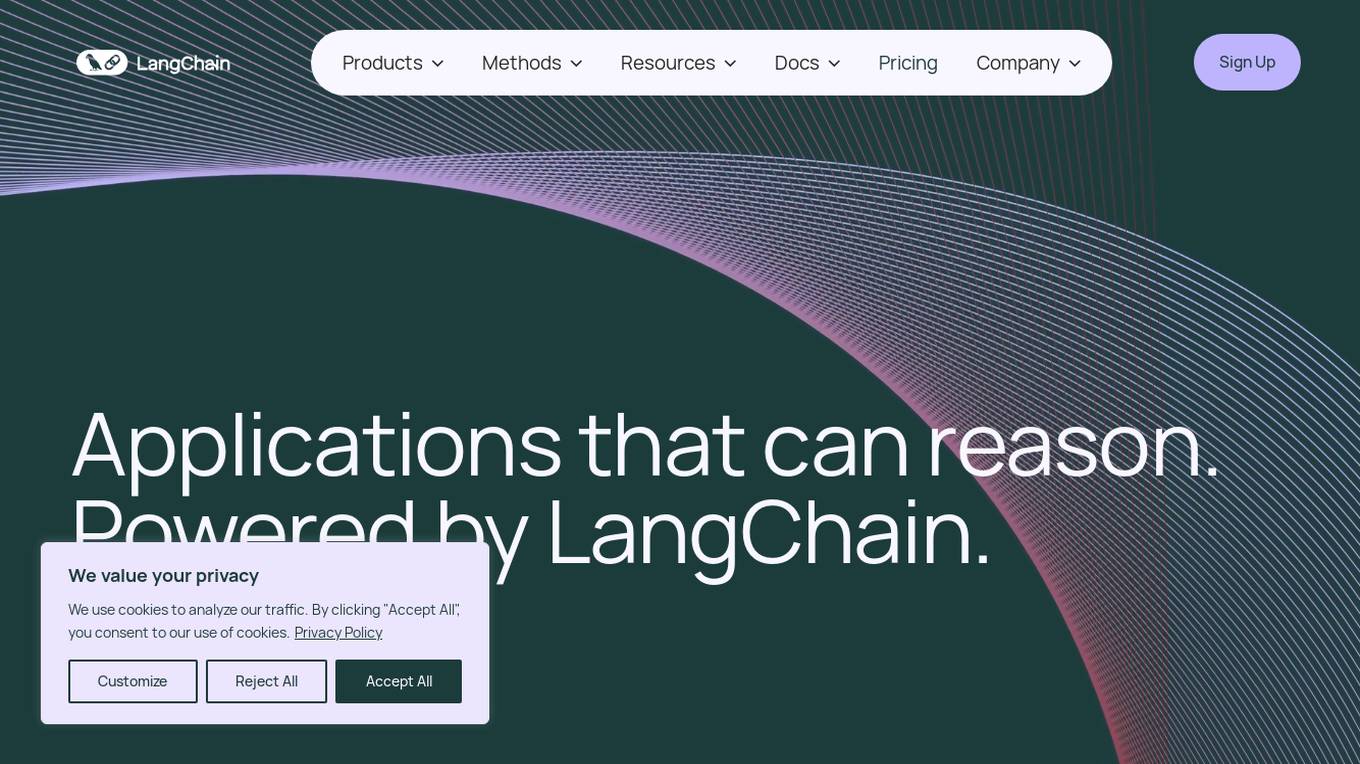
LangChain
LangChain is an AI tool that offers a suite of products supporting developers in the LLM application lifecycle. It provides a framework to construct LLM-powered apps easily, visibility into app performance, and a turnkey solution for serving APIs. LangChain enables developers to build context-aware, reasoning applications and future-proof their applications by incorporating vendor optionality. LangSmith, a part of LangChain, helps teams improve accuracy and performance, iterate faster, and ship new AI features efficiently. The tool is designed to drive operational efficiency, increase discovery & personalization, and deliver premium products that generate revenue.
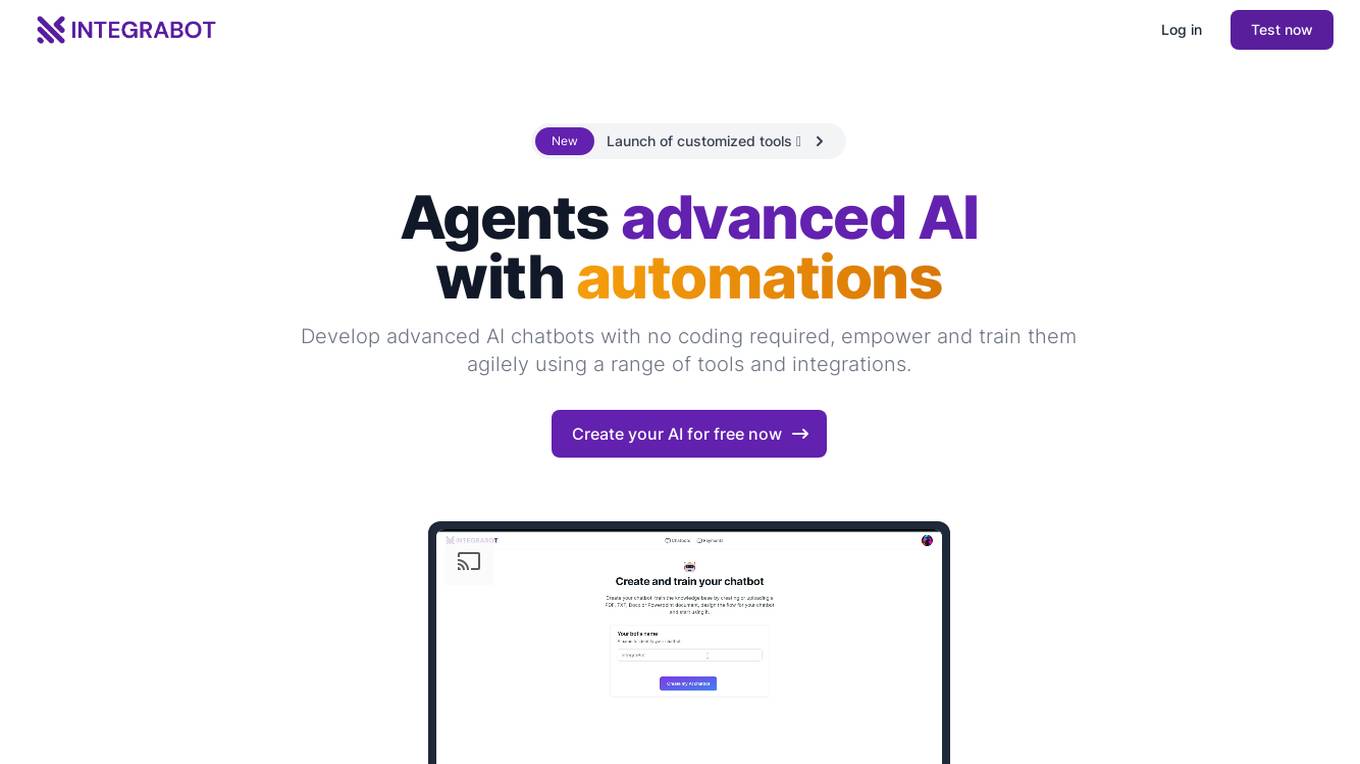
IntegraBot
IntegraBot is an advanced AI platform that allows users to develop AI chatbots without coding. Users can choose from different AI models, integrate tools and APIs, and train their agents with company data. The platform offers features like creating custom tools, importing data, and integrating with various applications. IntegraBot ensures data security, compliance with regulations, and provides best practices for AI usage.
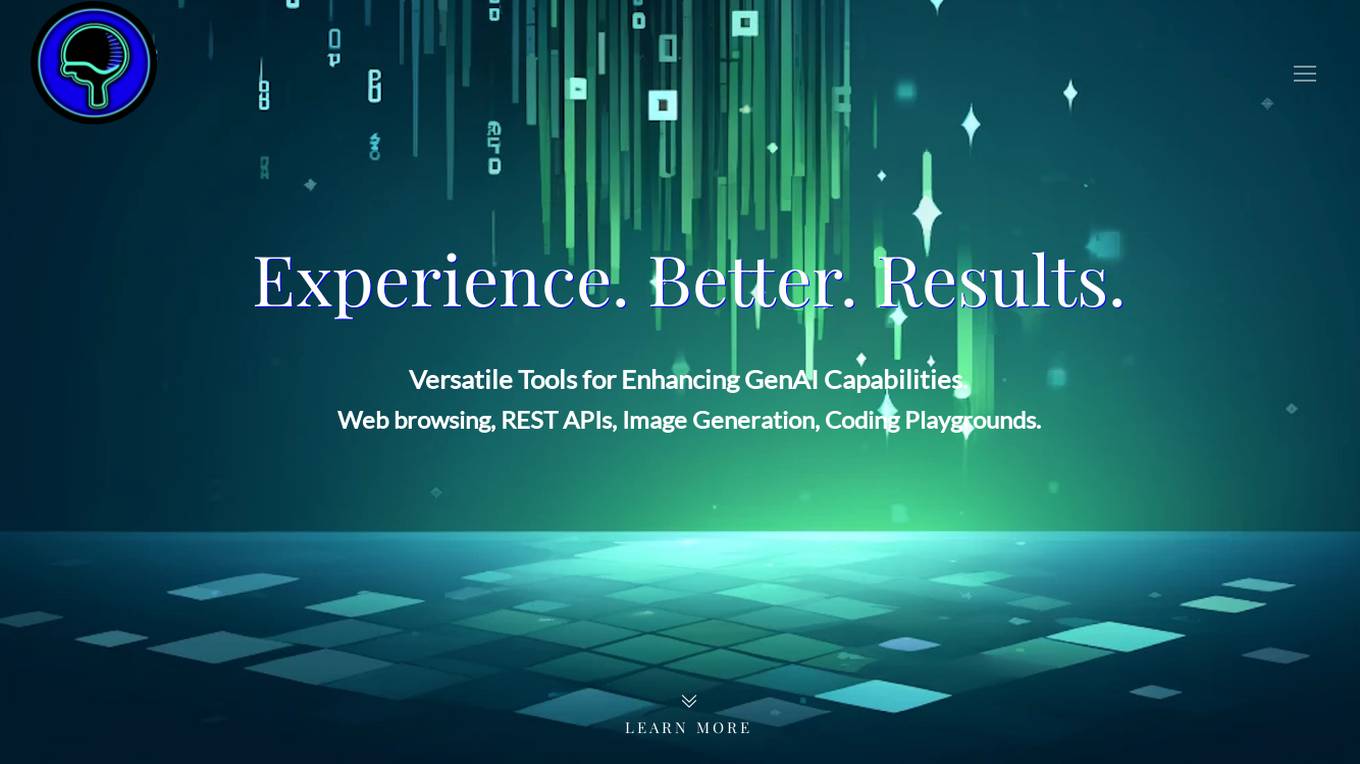
WeGPT.ai
WeGPT.ai is an AI tool that focuses on enhancing Generative AI capabilities through Retrieval Augmented Generation (RAG). It provides versatile tools for web browsing, REST APIs, image generation, and coding playgrounds. The platform offers consumer and enterprise solutions, multi-vendor support, and access to major frontier LLMs. With a comprehensive approach, WeGPT.ai aims to deliver better results, user experience, and cost efficiency by keeping AI models up-to-date with the latest data.
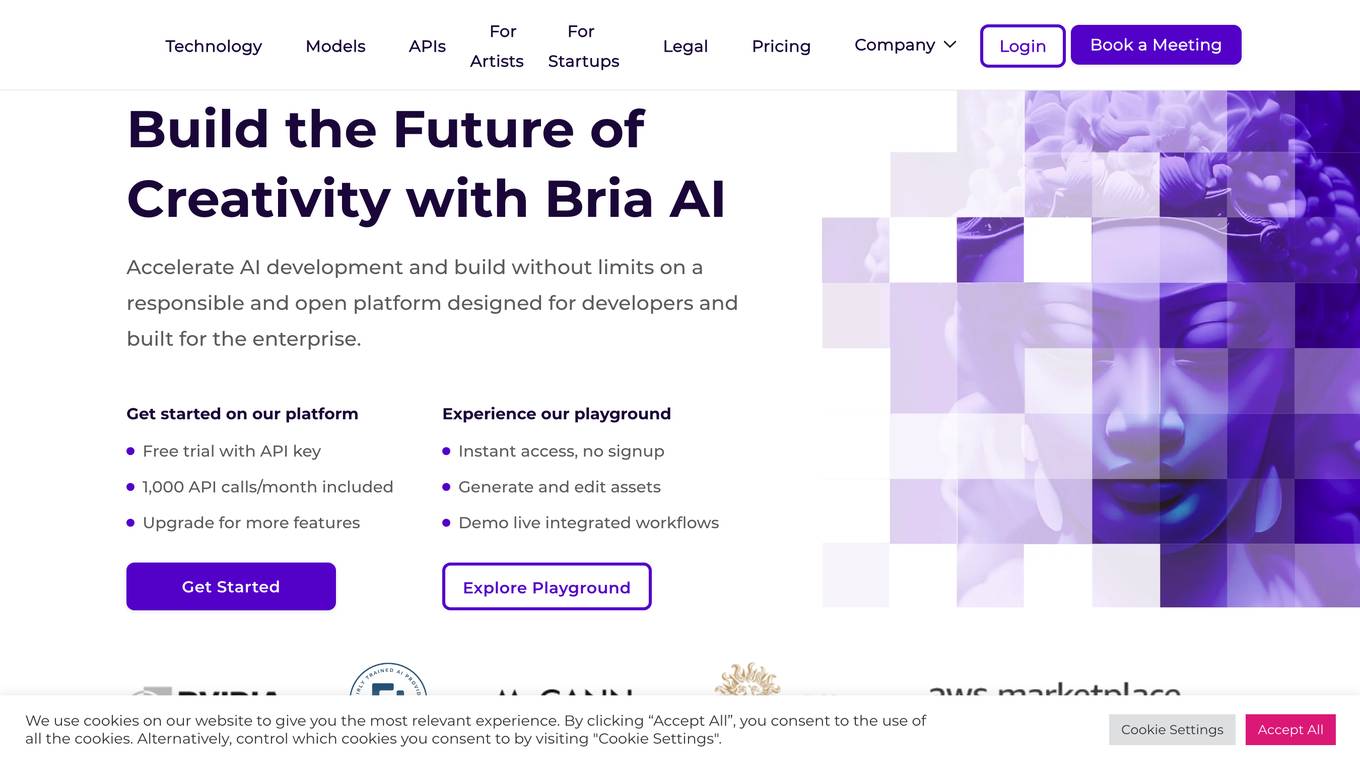
BRIA.ai
BRIA.ai is a visual generative AI platform that provides developers and businesses with the tools they need to build and deploy AI-powered applications. The platform includes a suite of pre-trained foundation models, APIs, and tools that can be used to generate and modify images, videos, and other visual content. BRIA.ai is committed to responsible AI practices and ensures that all of its models are trained on licensed and safe-to-use data.
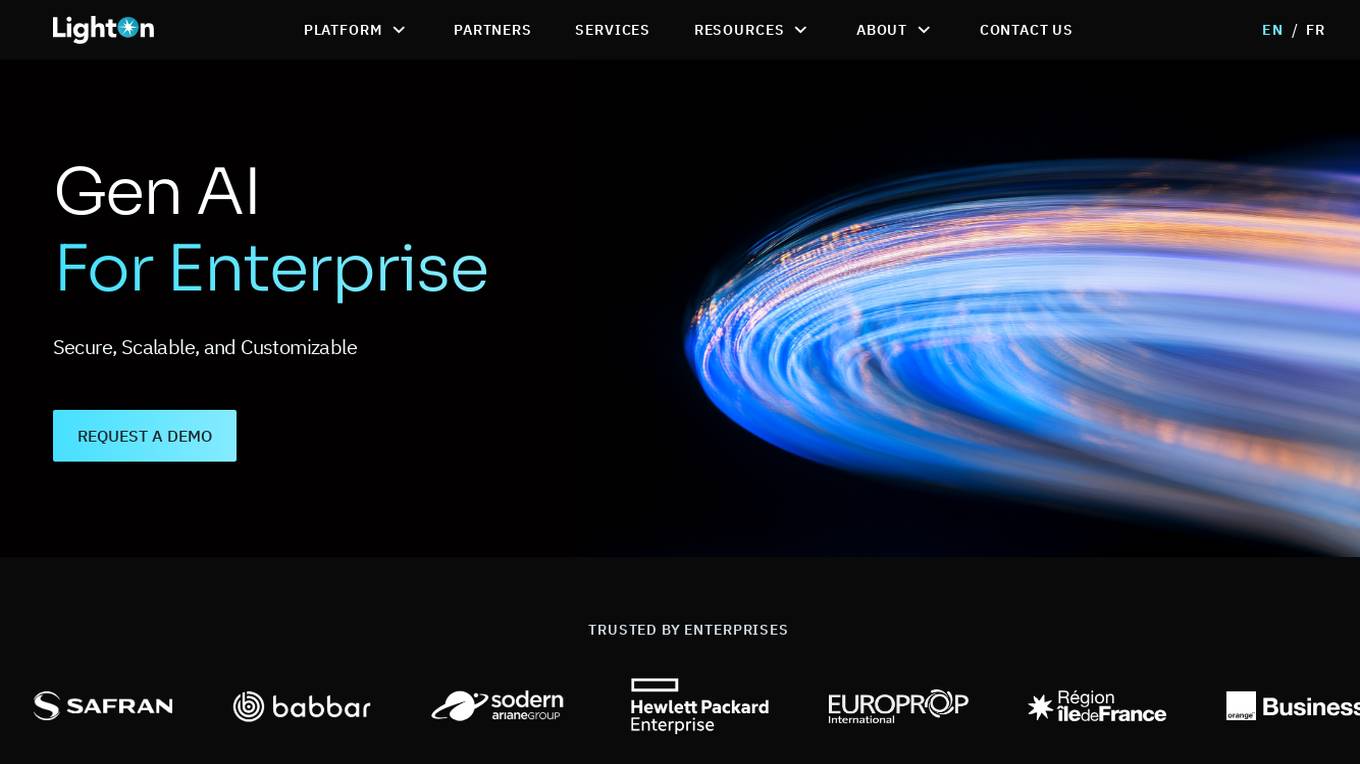
Gen AI For Enterprise
Gen AI For Enterprise is an AI application that offers a secure, scalable, and customizable platform for enterprises. It provides a private chat feature, enhanced knowledge retrieval, and custom business case development. The application is trusted by various industries and empowers teams to work better by leveraging advanced AI models and APIs. It ensures robust security, compliance with industry standards, and simplified user management. Gen AI For Enterprise aims to transform businesses by providing innovative AI solutions.
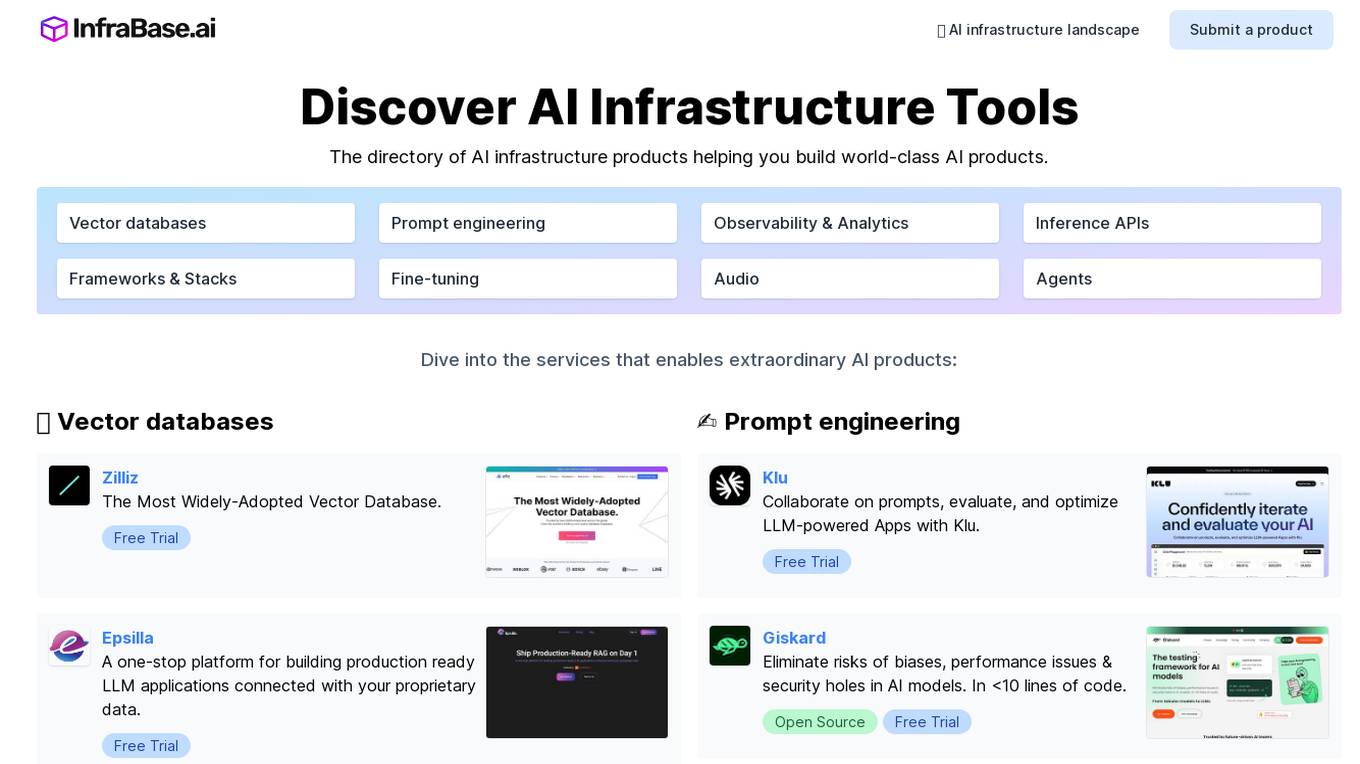
Infrabase.ai
Infrabase.ai is a directory of AI infrastructure products that helps users discover and explore a wide range of tools for building world-class AI products. The platform offers a comprehensive directory of products in categories such as Vector databases, Prompt engineering, Observability & Analytics, Inference APIs, Frameworks & Stacks, Fine-tuning, Audio, and Agents. Users can find tools for tasks like data storage, model development, performance monitoring, and more, making it a valuable resource for AI projects.
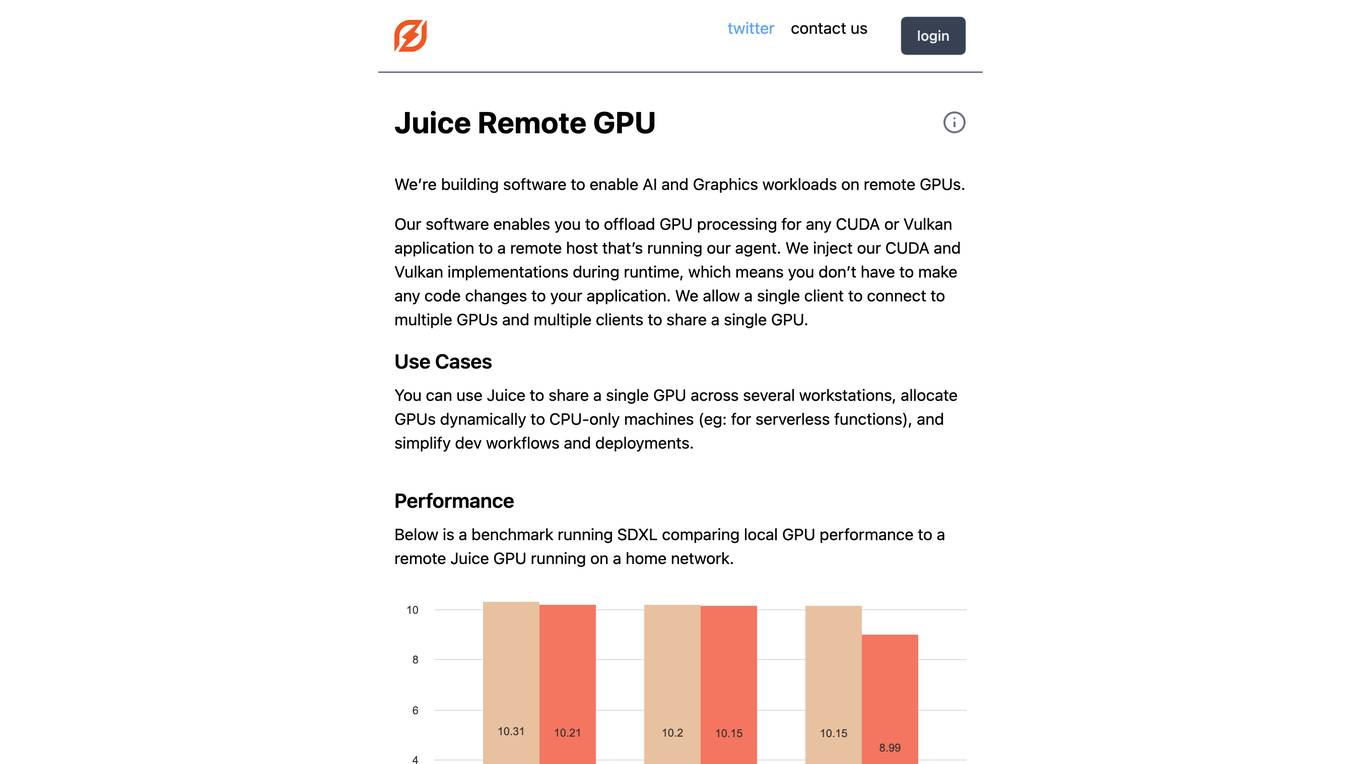
Juice Remote GPU
Juice Remote GPU is a software that enables AI and Graphics workloads on remote GPUs. It allows users to offload GPU processing for any CUDA or Vulkan application to a remote host running the Juice agent. The software injects CUDA and Vulkan implementations during runtime, eliminating the need for code changes in the application. Juice supports multiple clients connecting to multiple GPUs and multiple clients sharing a single GPU. It is useful for sharing a single GPU across multiple workstations, allocating GPUs dynamically to CPU-only machines, and simplifying development workflows and deployments. Juice Remote GPU performs within 5% of a local GPU when running in the same datacenter. It supports various APIs, including CUDA, Vulkan, DirectX, and OpenGL, and is compatible with PyTorch and TensorFlow. The team behind Juice Remote GPU consists of engineers from Meta, Intel, and the gaming industry.
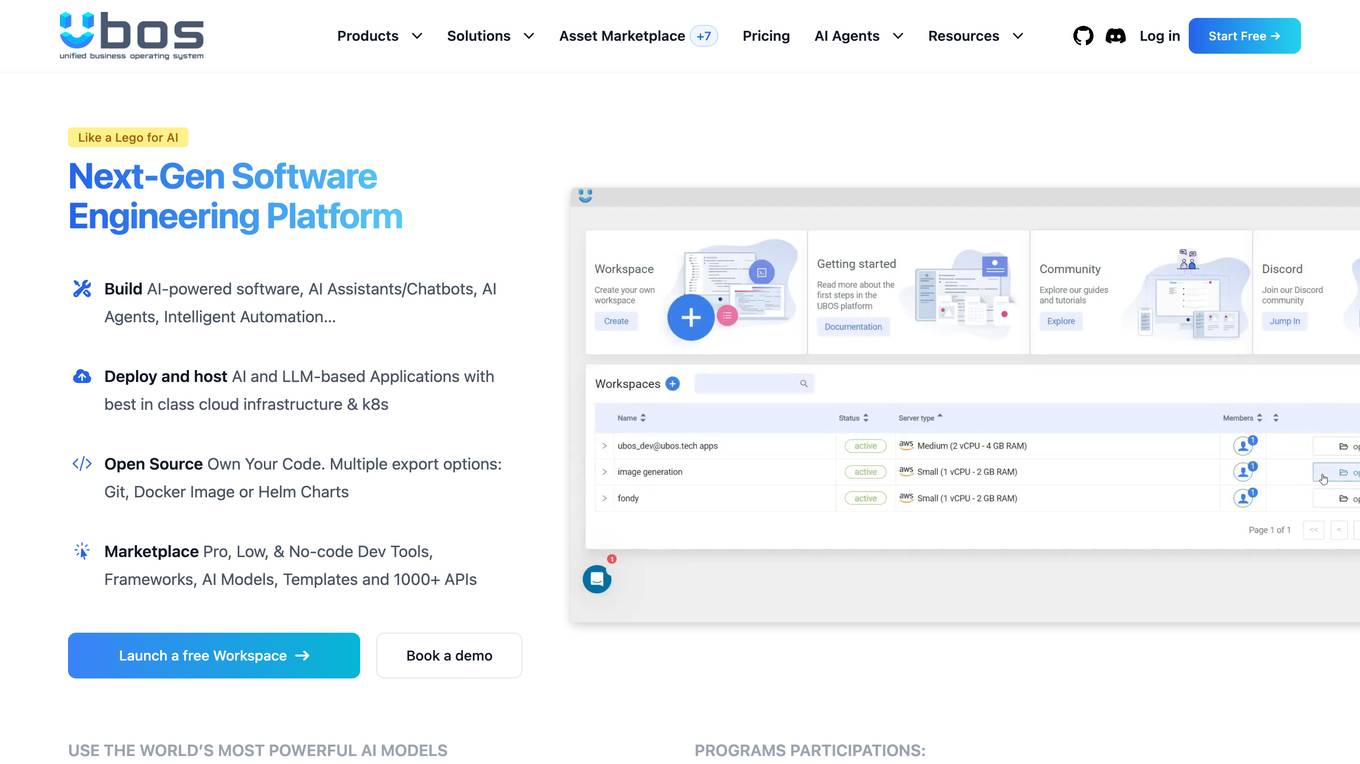
UBOS
UBOS is an engineering platform for Software 3.0 and AI Agents, offering a comprehensive suite of tools for building enterprise-ready internal development platforms, web applications, and intelligent workflows. It enables users to connect to over 1000 APIs, automate workflows with AI, and access a marketplace with templates and AI models. UBOS empowers startups, small and medium businesses, and large enterprises to drive growth, efficiency, and innovation through advanced ML orchestration and Generative AI custom integration. The platform provides a user-friendly interface for creating AI-native applications, leveraging Generative AI, Node-Red SCADA, Edge AI, and IoT technologies. With a focus on open-source development, UBOS offers full code ownership, flexible exports, and seamless integration with leading LLMs like ChatGPT and Llama 2 from Meta.
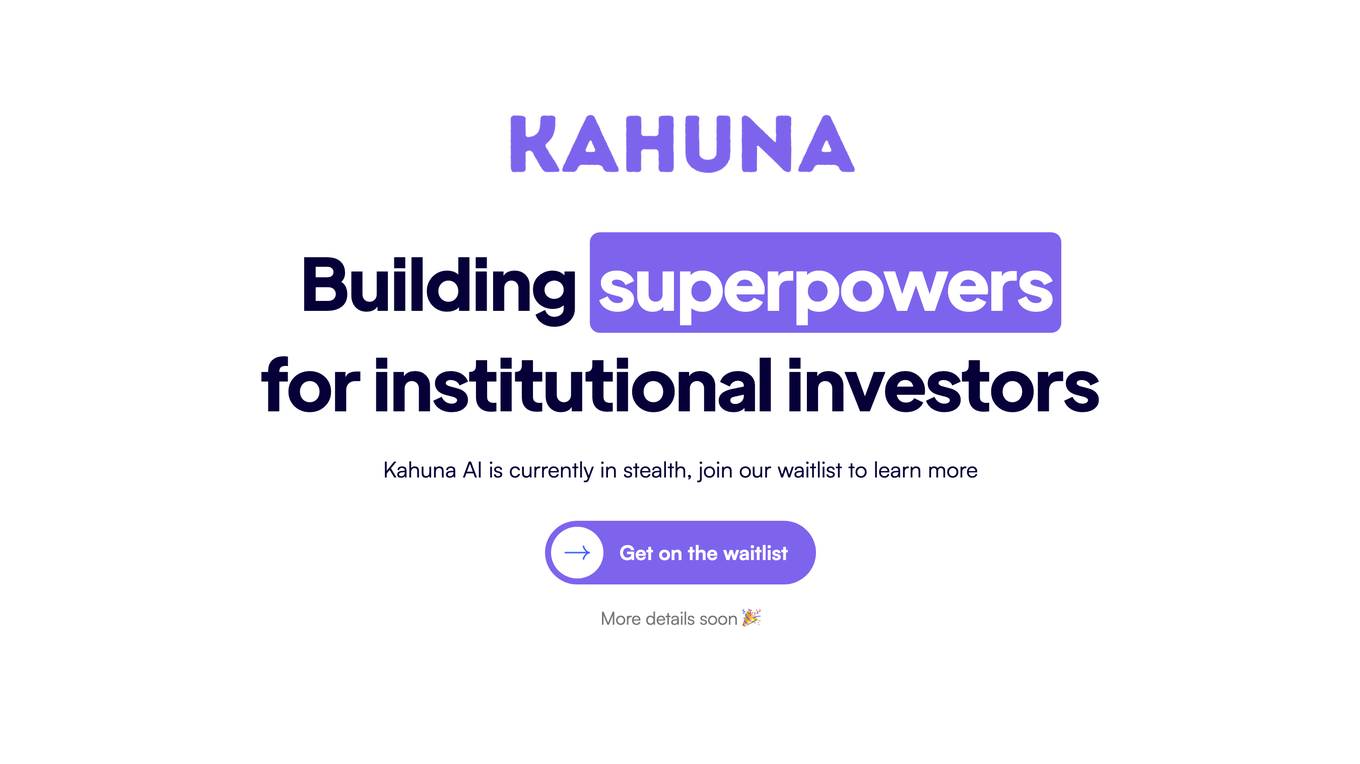
OpenResty
The website appears to be displaying a '403 Forbidden' error message, which indicates that the server understood the request but refuses to authorize it. This error is often encountered when trying to access a webpage without proper permissions or when the server is misconfigured. The message 'openresty' suggests that the server may be using the OpenResty web platform. OpenResty is a web platform based on NGINX and LuaJIT, commonly used for building dynamic web applications. It provides a powerful and flexible way to create web services and APIs.

Simplilearn
Simplilearn is an online bootcamp and certification platform that offers courses in various fields, including AI and machine learning, project management, cyber security, cloud computing, and data science. The platform partners with leading universities and companies to provide industry-relevant training and certification programs. Simplilearn's courses are designed to help learners develop job-ready skills and advance their careers.

Storybooks
Storybooks is an online platform that allows users to create personalized children's stories. With Storybooks, users can choose their own storylines, illustrations, and characters to create unique and engaging stories for their children. Storybooks also offers a variety of features to help children learn and grow, such as games, puzzles, and activities. The platform is designed to be easy to use and accessible to all families, regardless of their income or background.
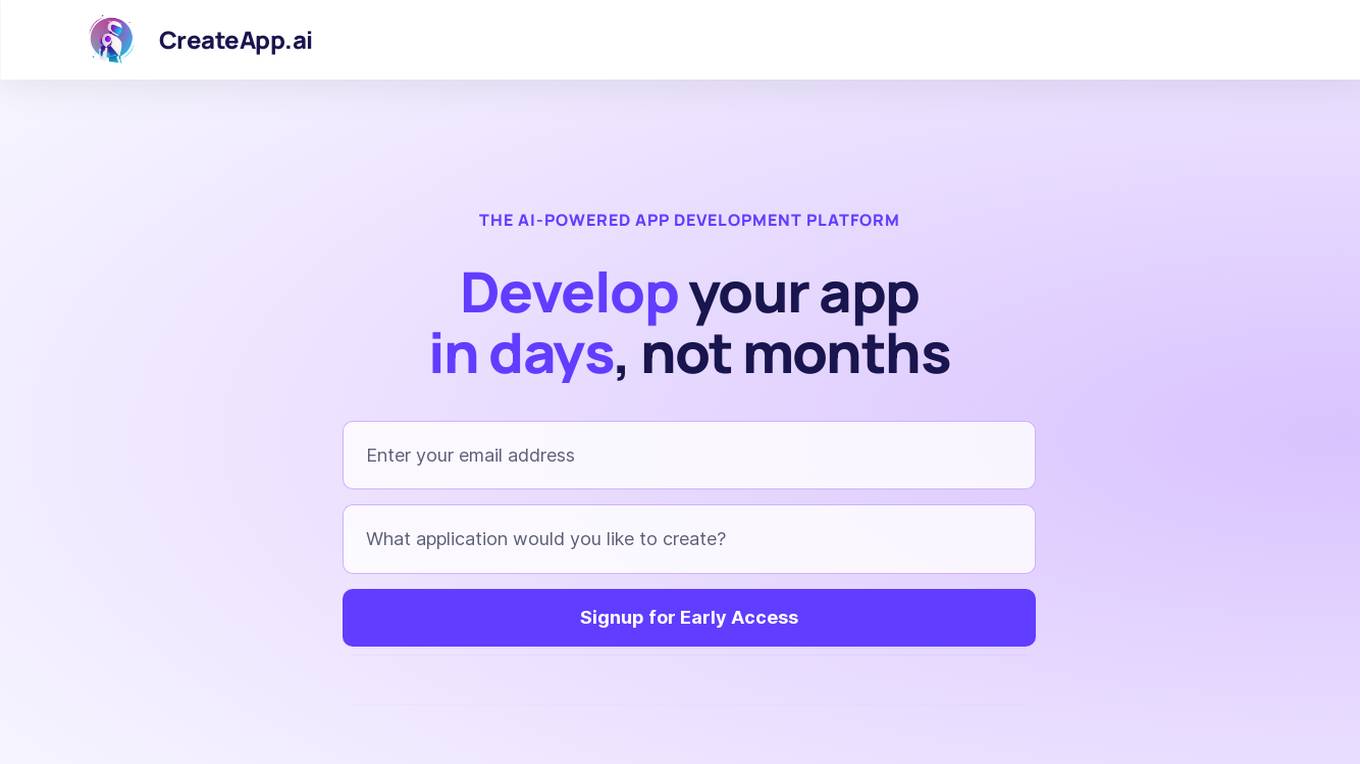
CreateApp.ai
CreateApp.ai is an AI-powered app development platform that allows users to develop apps in days, not months. It is trusted by leading companies and startup incubators. CreateApp.ai's first step towards its vision is CreatePrototype.ai, which allows users to describe their idea in plain English and build an app prototype in minutes. CreateApp.ai is coming soon, and users can sign up for early access. With CreateApp.ai, users can develop apps in plain English, without any tech knowledge required. CreateApp.ai takes care of everything, from app design and development to app maintenance. CreateApp.ai is the easiest way to build apps.
5 - Open Source AI Tools
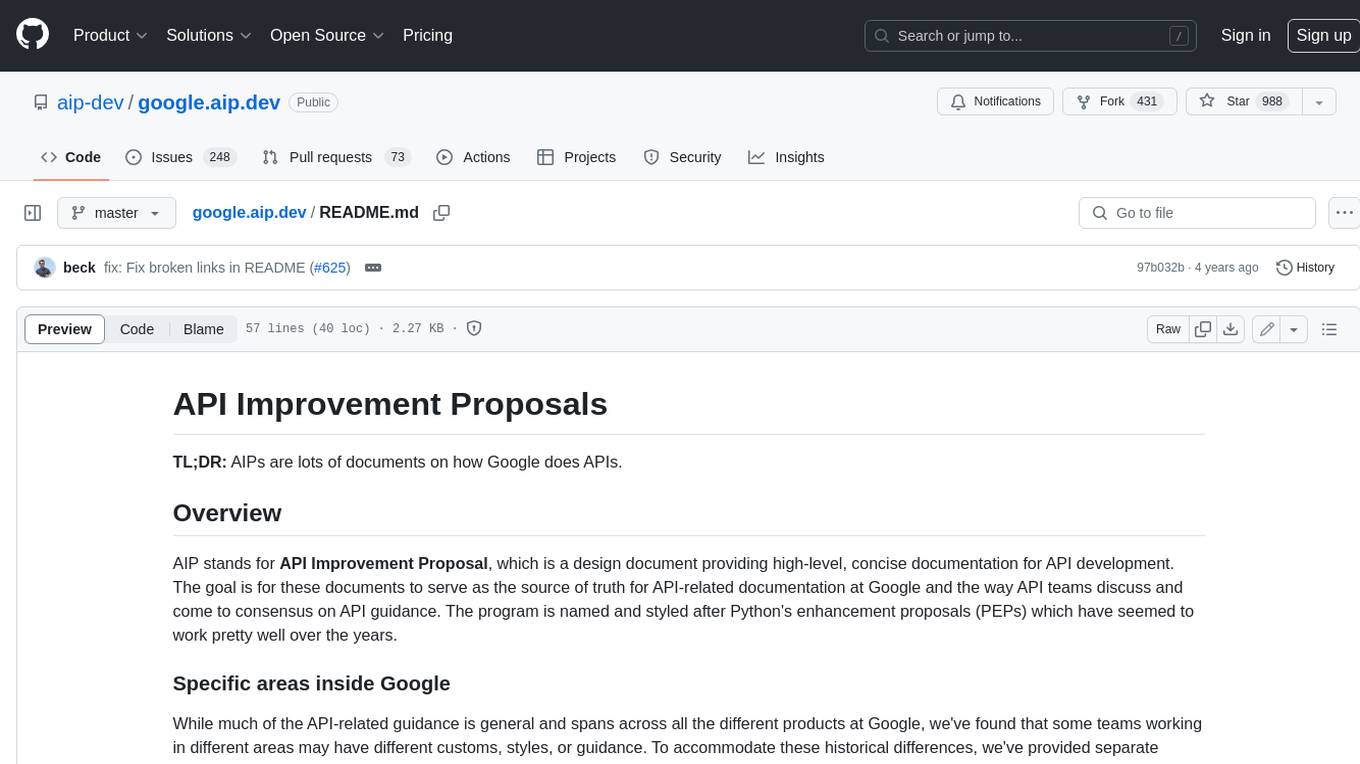
google.aip.dev
API Improvement Proposals (AIPs) are design documents that provide high-level, concise documentation for API development at Google. The goal of AIPs is to serve as the source of truth for API-related documentation and to facilitate discussion and consensus among API teams. AIPs are similar to Python's enhancement proposals (PEPs) and are organized into different areas within Google to accommodate historical differences in customs, styles, and guidance.
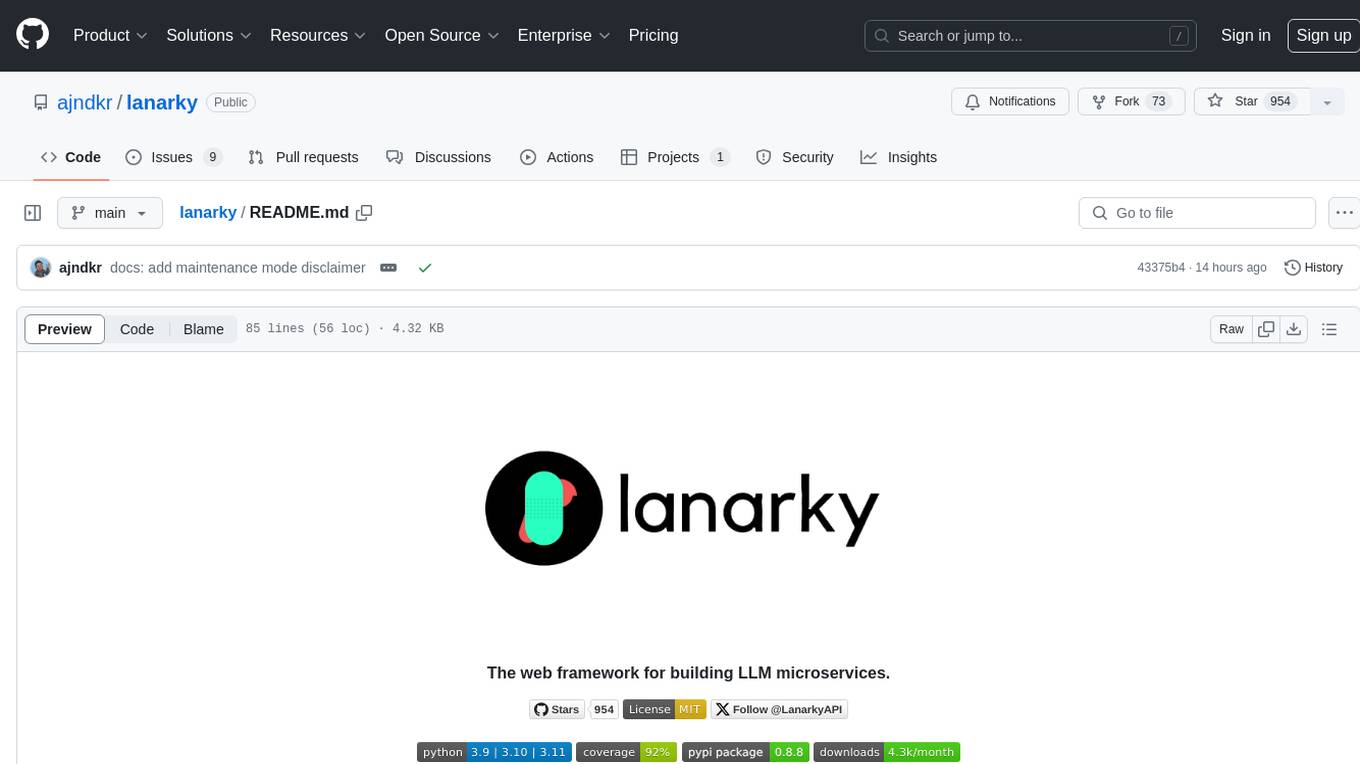
lanarky
Lanarky is a Python web framework designed for building microservices using Large Language Models (LLMs). It is LLM-first, fast, modern, supports streaming over HTTP and WebSockets, and is open-source. The framework provides an abstraction layer for developers to easily create LLM microservices. Lanarky guarantees zero vendor lock-in and is free to use. It is built on top of FastAPI and offers features familiar to FastAPI users. The project is now in maintenance mode, with no active development planned, but community contributions are encouraged.
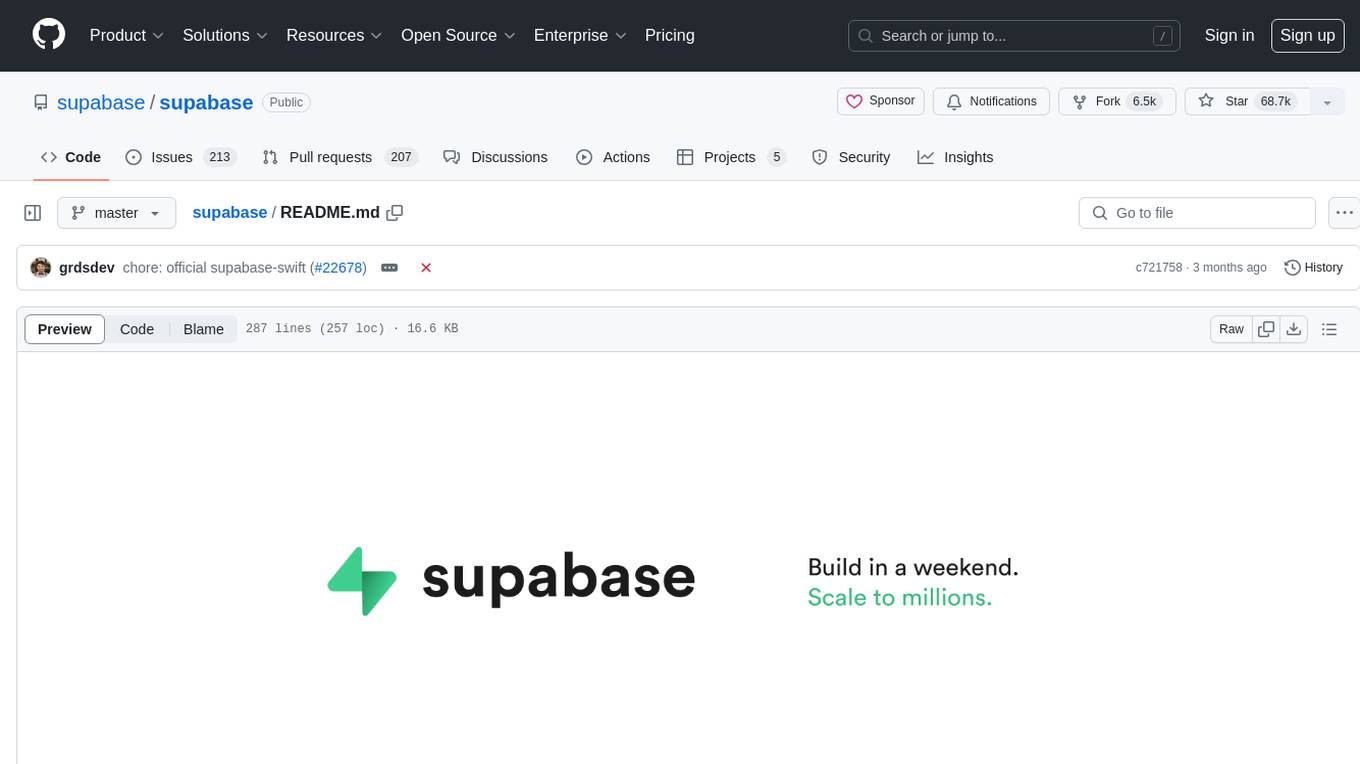
supabase
Supabase is an open source Firebase alternative that provides a wide range of features including a hosted Postgres database, authentication and authorization, auto-generated APIs, REST and GraphQL support, realtime subscriptions, functions, file storage, AI and vector/embeddings toolkit, and a dashboard. It aims to offer developers a Firebase-like experience using enterprise-grade open source tools.
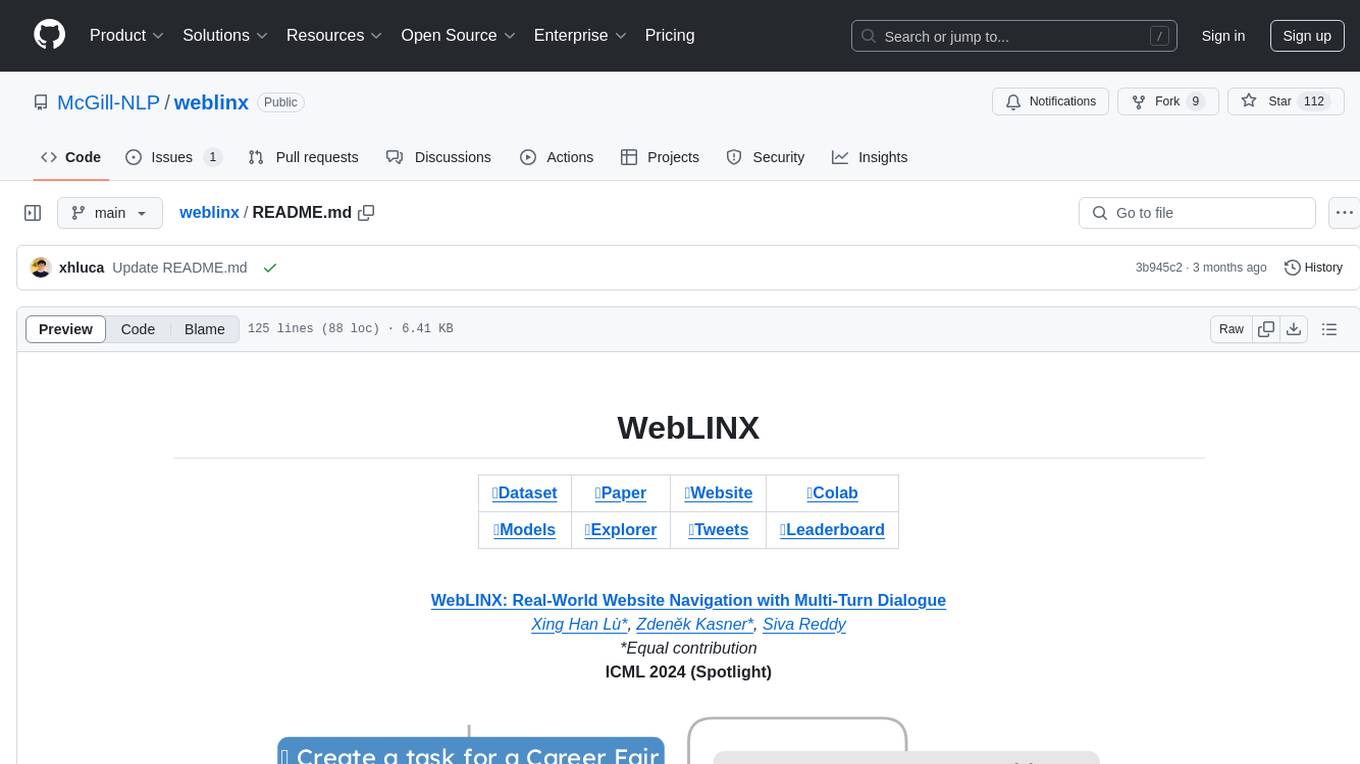
weblinx
WebLINX is a Python library and dataset for real-world website navigation with multi-turn dialogue. The repository provides code for training models reported in the WebLINX paper, along with a comprehensive API to work with the dataset. It includes modules for data processing, model evaluation, and utility functions. The modeling directory contains code for processing, training, and evaluating models such as DMR, LLaMA, MindAct, Pix2Act, and Flan-T5. Users can install specific dependencies for HTML processing, video processing, model evaluation, and library development. The evaluation module provides metrics and functions for evaluating models, with ongoing work to improve documentation and functionality.
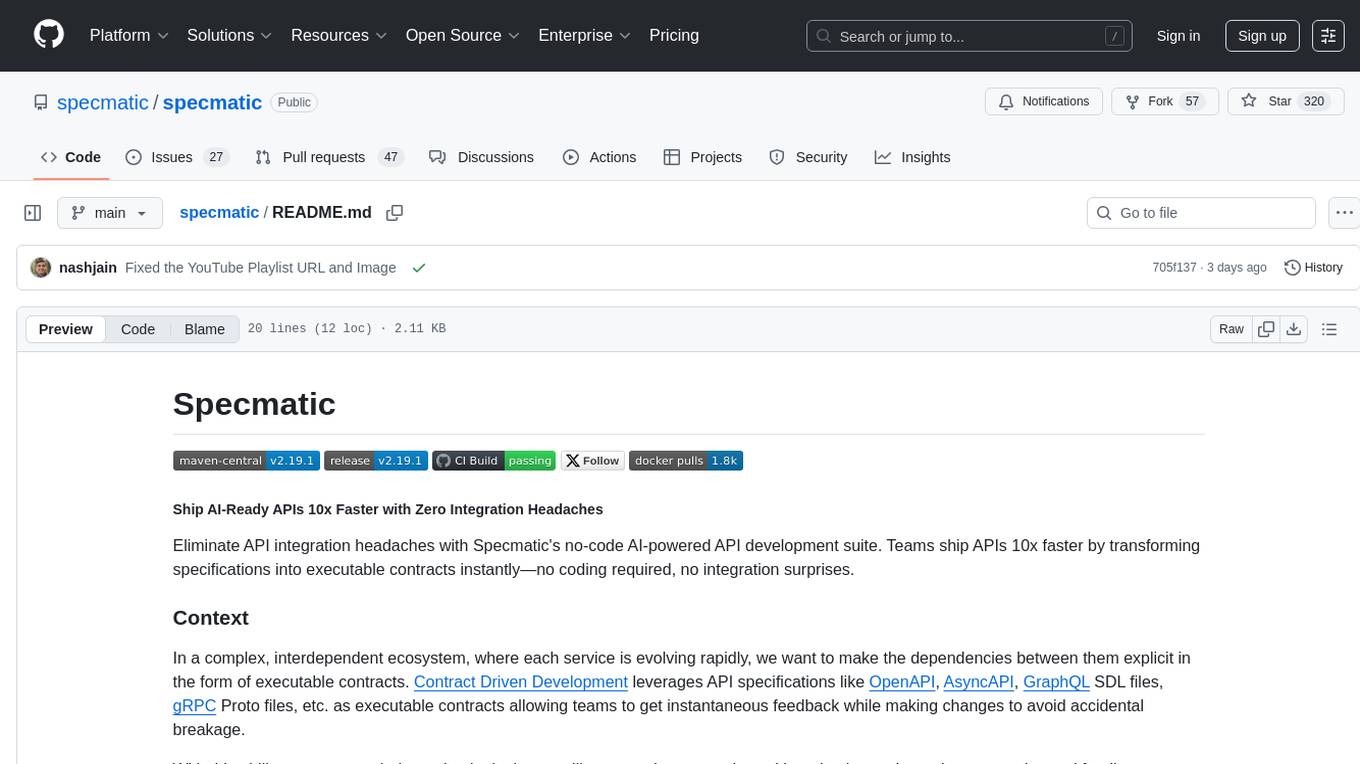
specmatic
Eliminate API integration headaches with Specmatic's no-code AI-powered API development suite. Teams ship APIs 10x faster by transforming specifications into executable contracts instantly—no coding required, no integration surprises. In a complex, interdependent ecosystem, where each service is evolving rapidly, we want to make the dependencies between them explicit in the form of executable contracts. Contract Driven Development leverages API specifications like OpenAPI, AsyncAPI, GraphQL SDL files, gRPC Proto files, etc. as executable contracts allowing teams to get instantaneous feedback while making changes to avoid accidental breakage. With this ability, we can now independently deploy, at will, any service at any time without having to depend on expensive and fragile integration tests.
20 - OpenAI Gpts
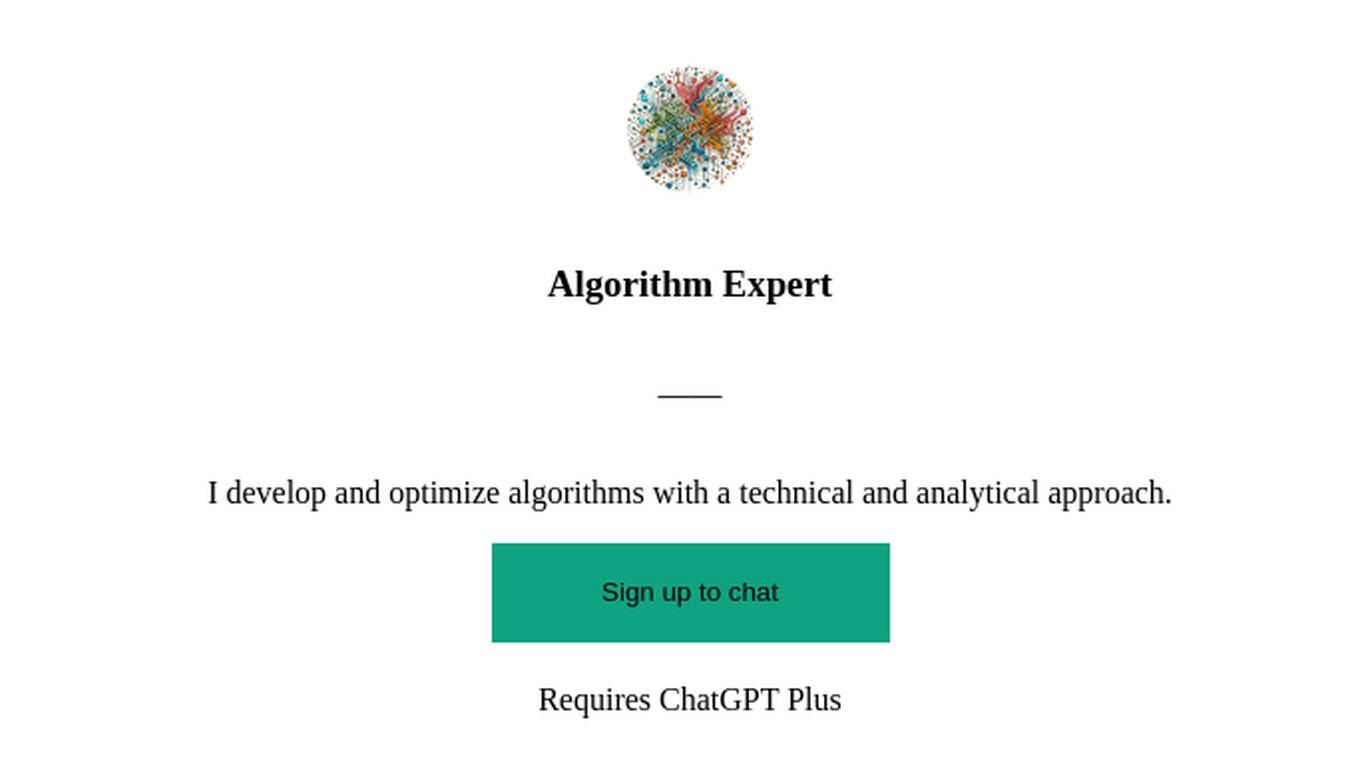
Algorithm Expert
I develop and optimize algorithms with a technical and analytical approach.

Gastronomica
Develop recipes with a deep knowledge of food and culinary science, the art of gastronomy, as well as a sense of aesthetics.
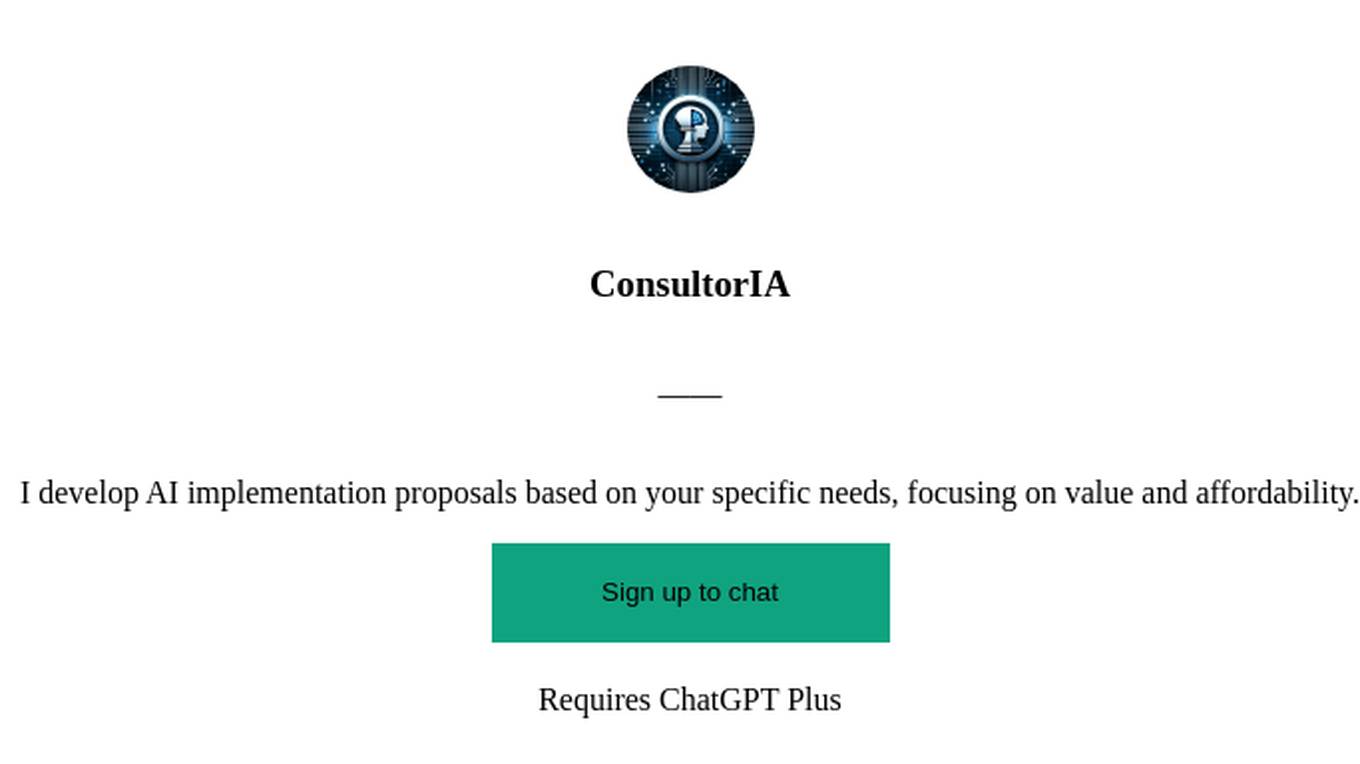
ConsultorIA
I develop AI implementation proposals based on your specific needs, focusing on value and affordability.
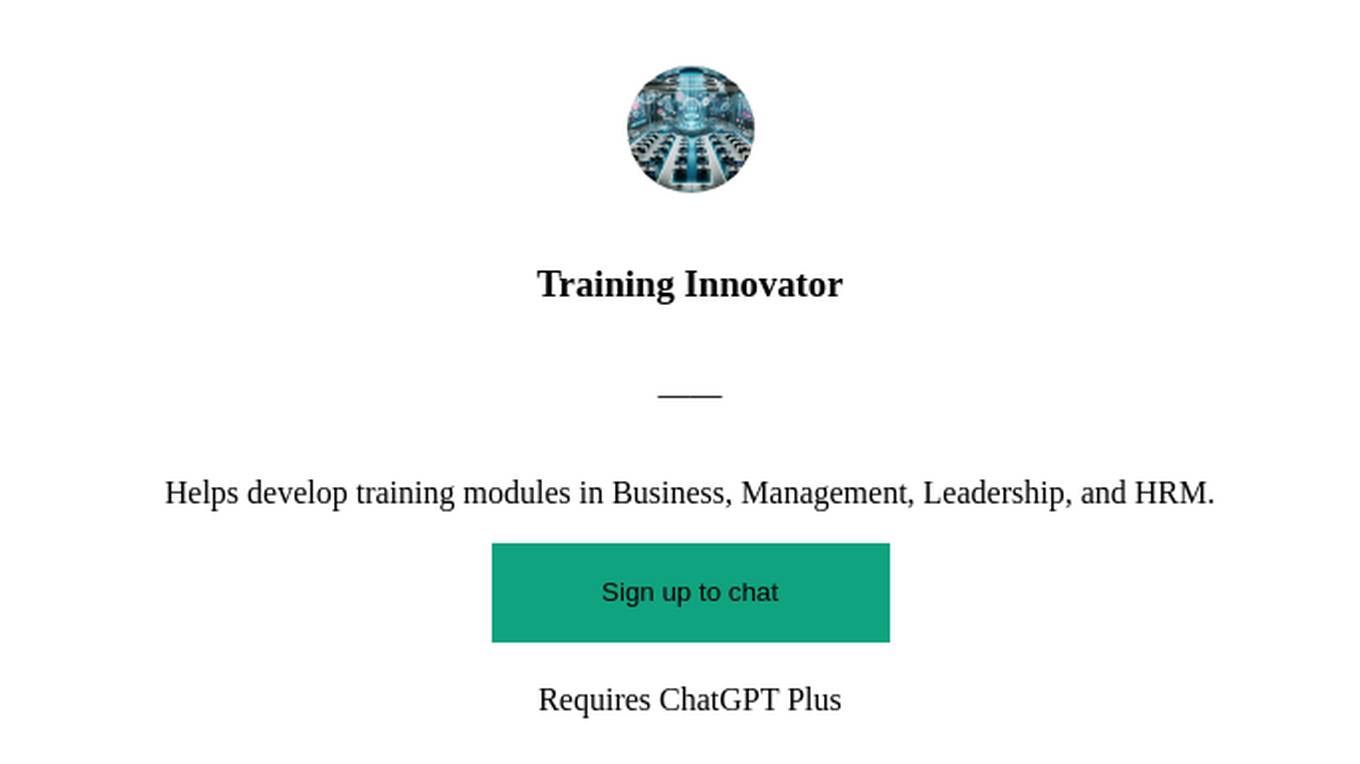
Training Innovator
Helps develop training modules in Business, Management, Leadership, and HRM.
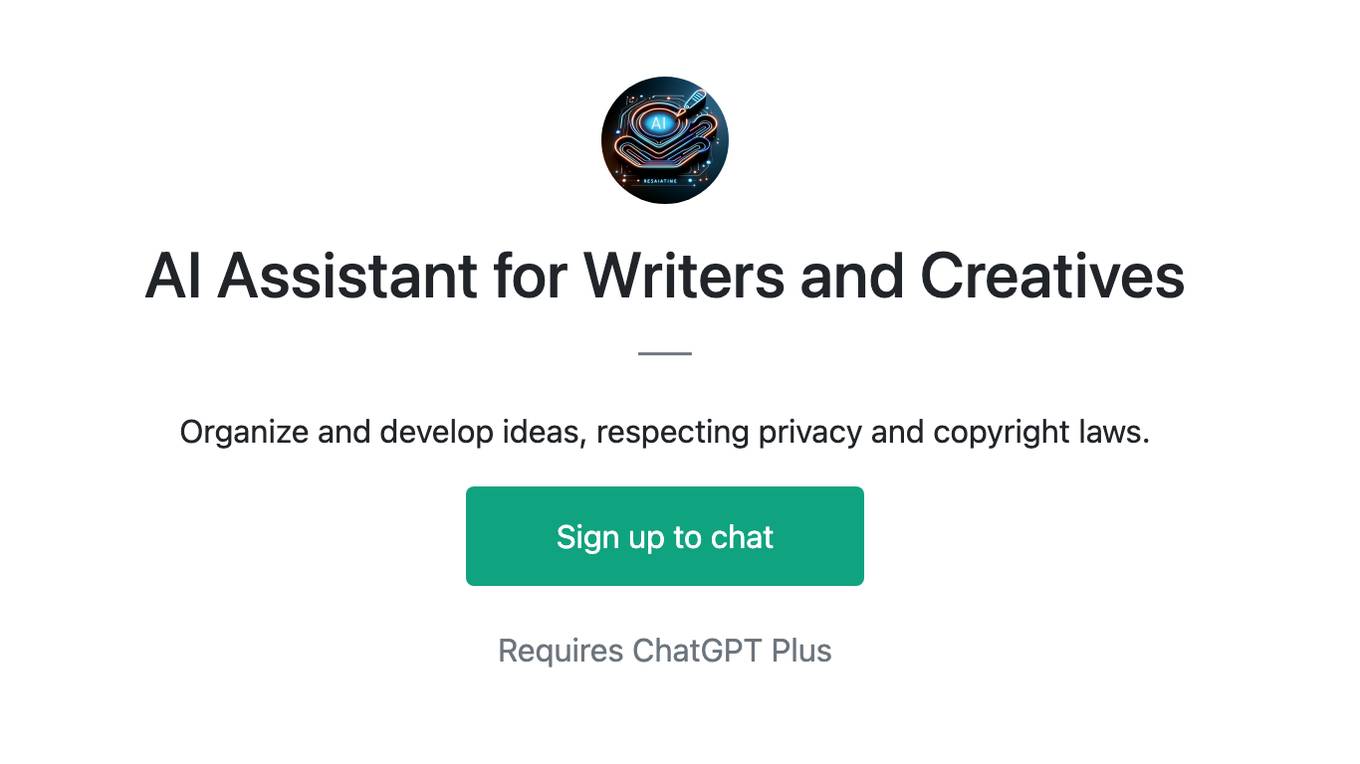
AI Assistant for Writers and Creatives
Organize and develop ideas, respecting privacy and copyright laws.
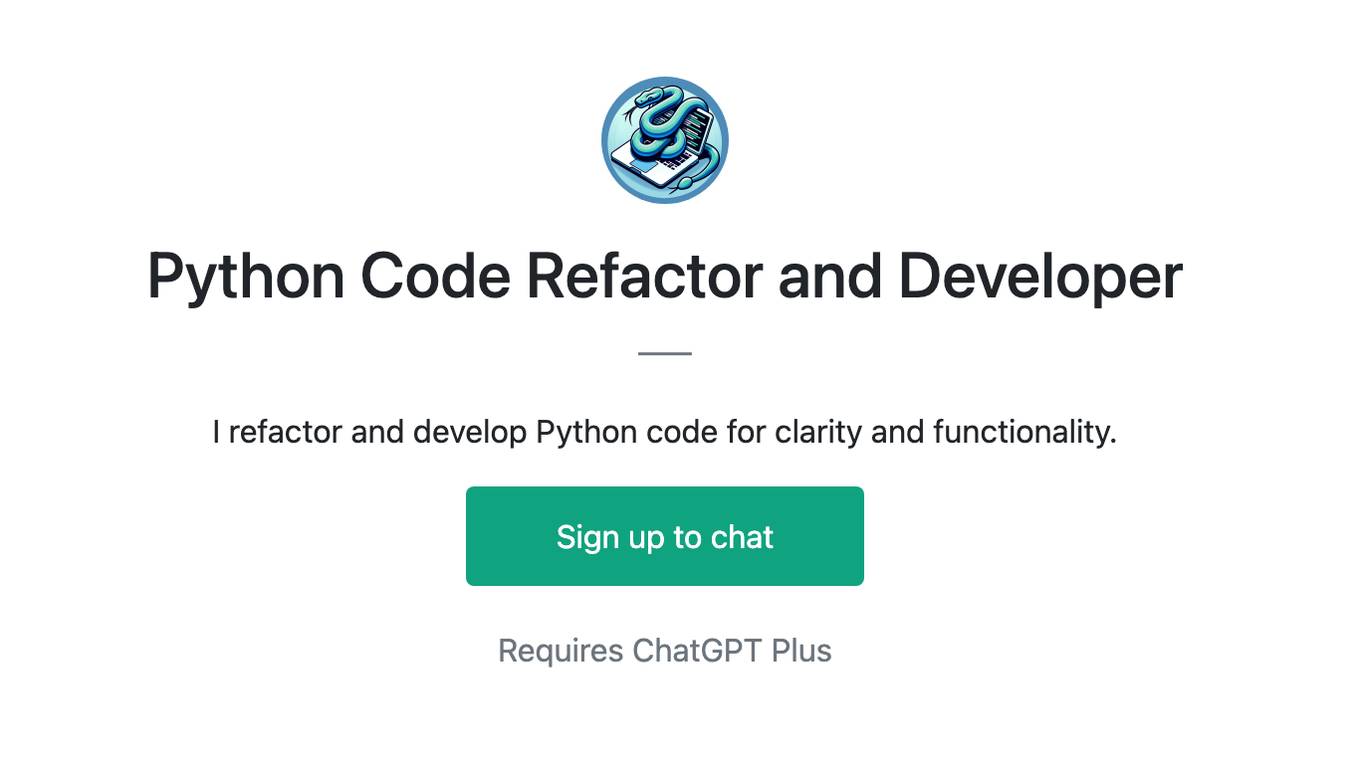
Python Code Refactor and Developer
I refactor and develop Python code for clarity and functionality.
